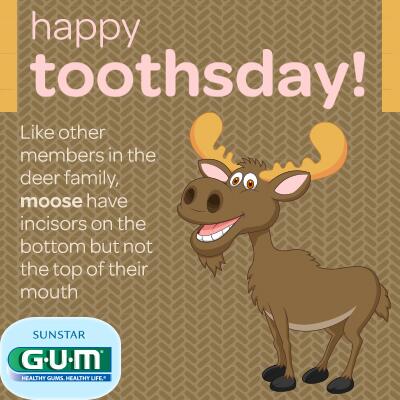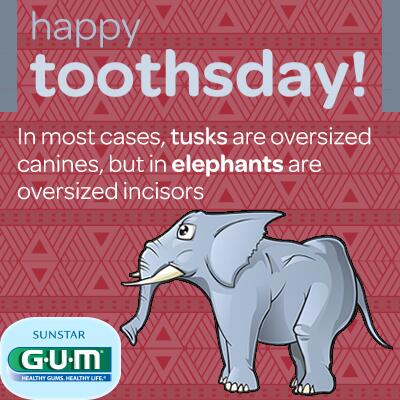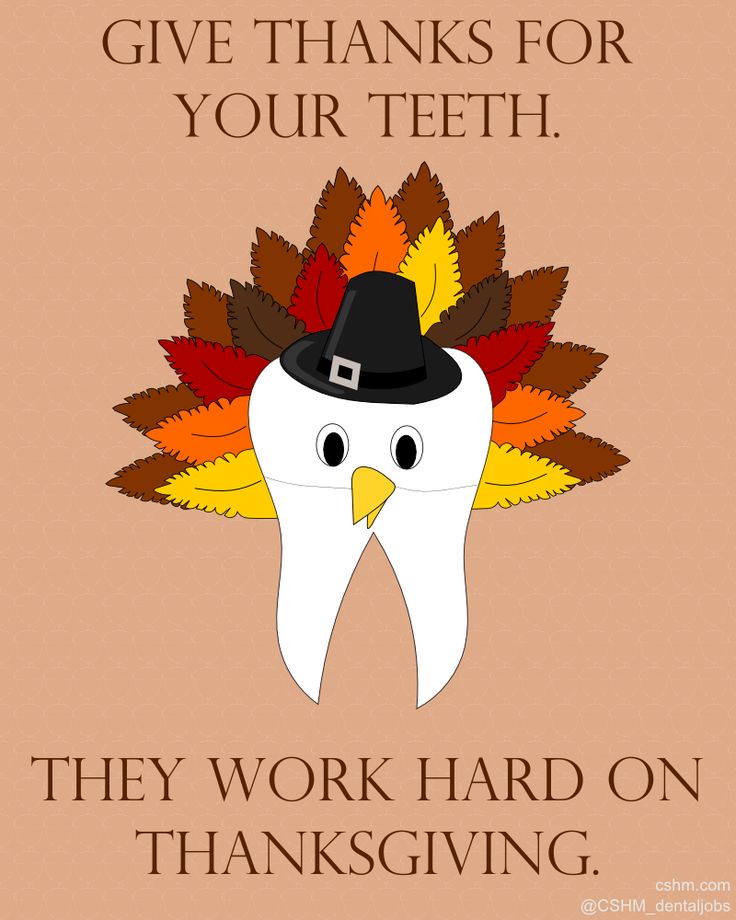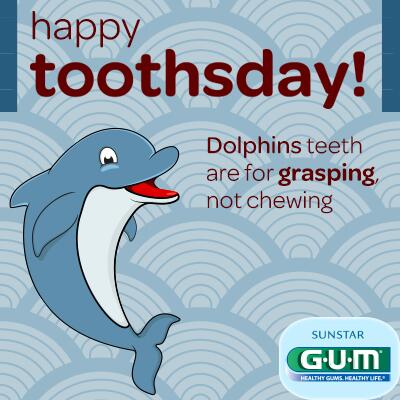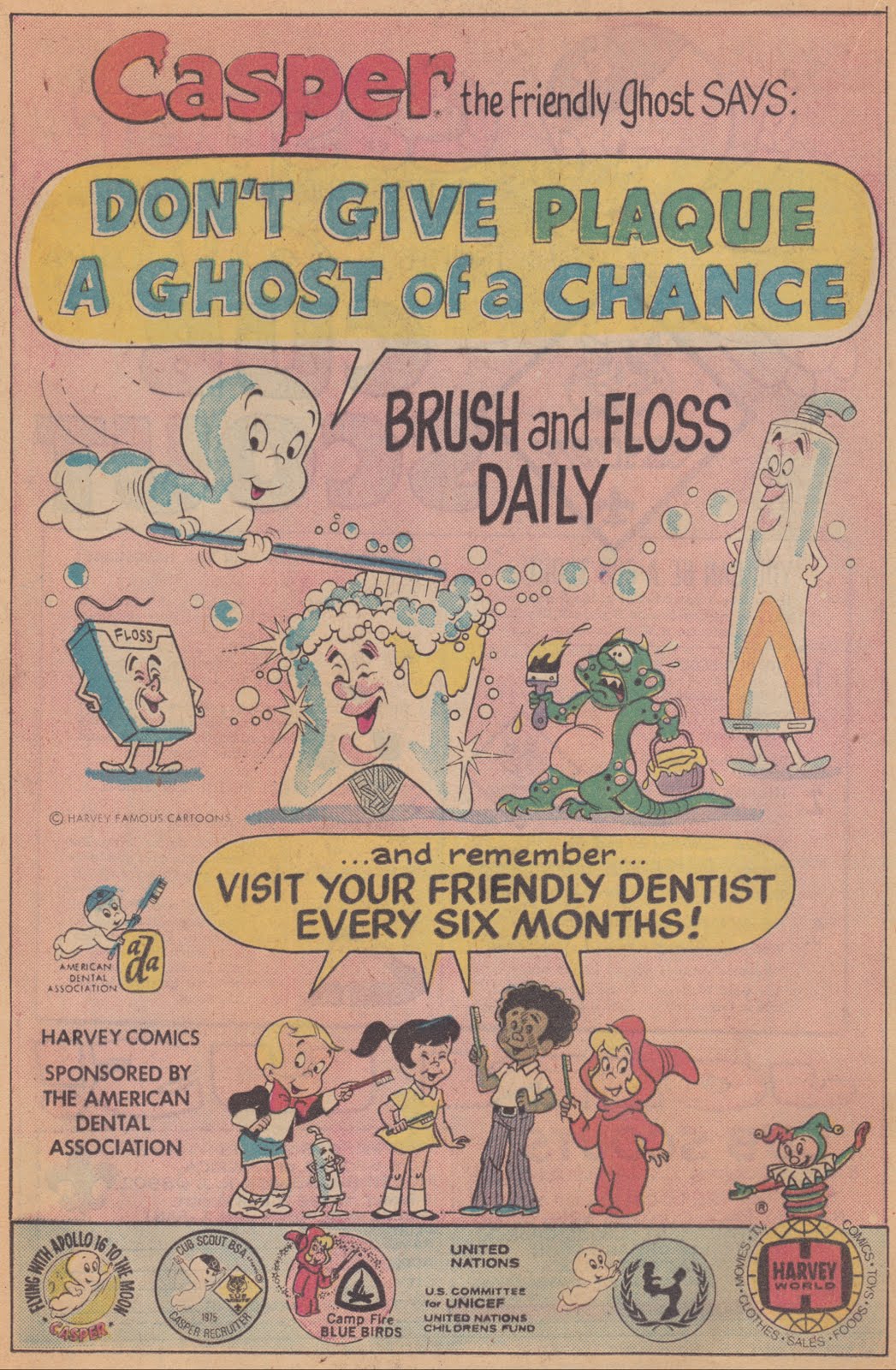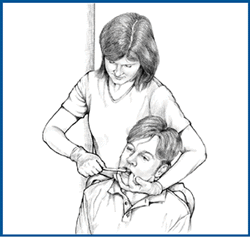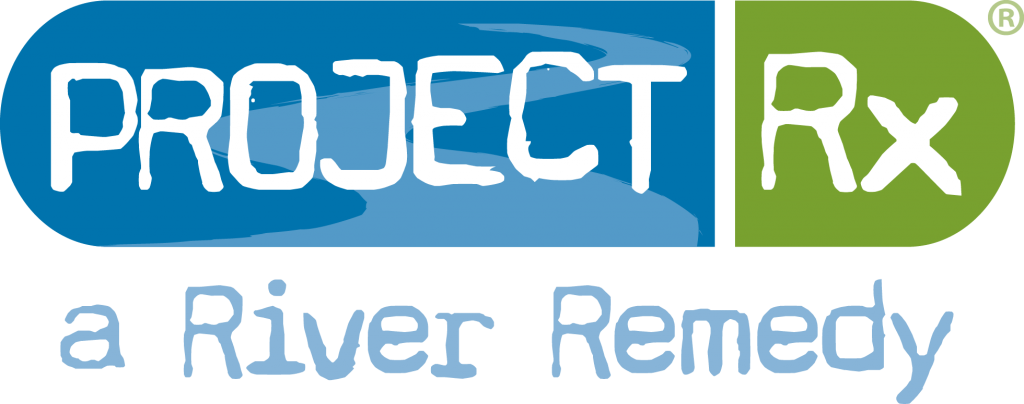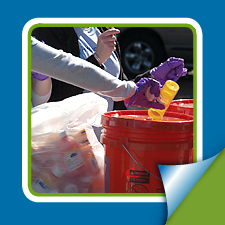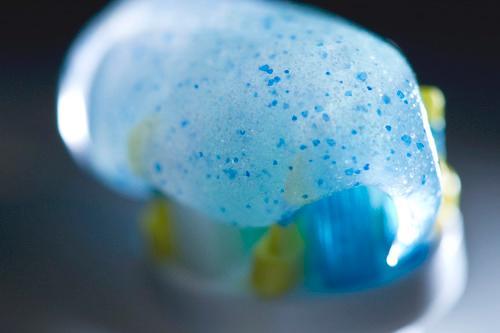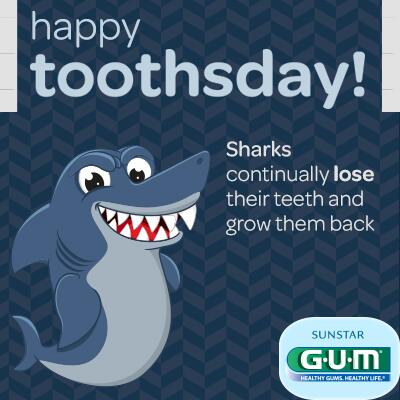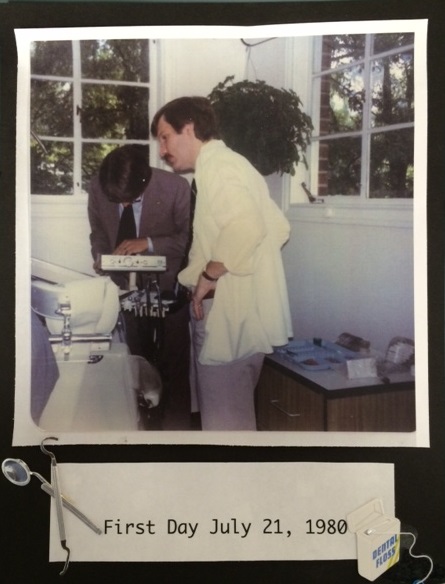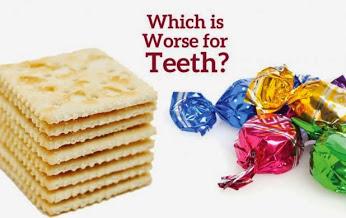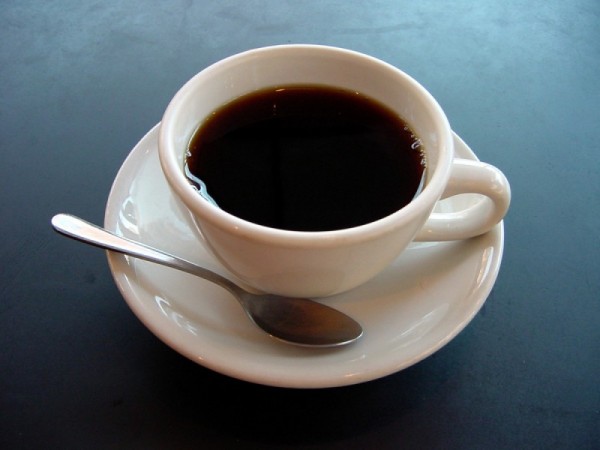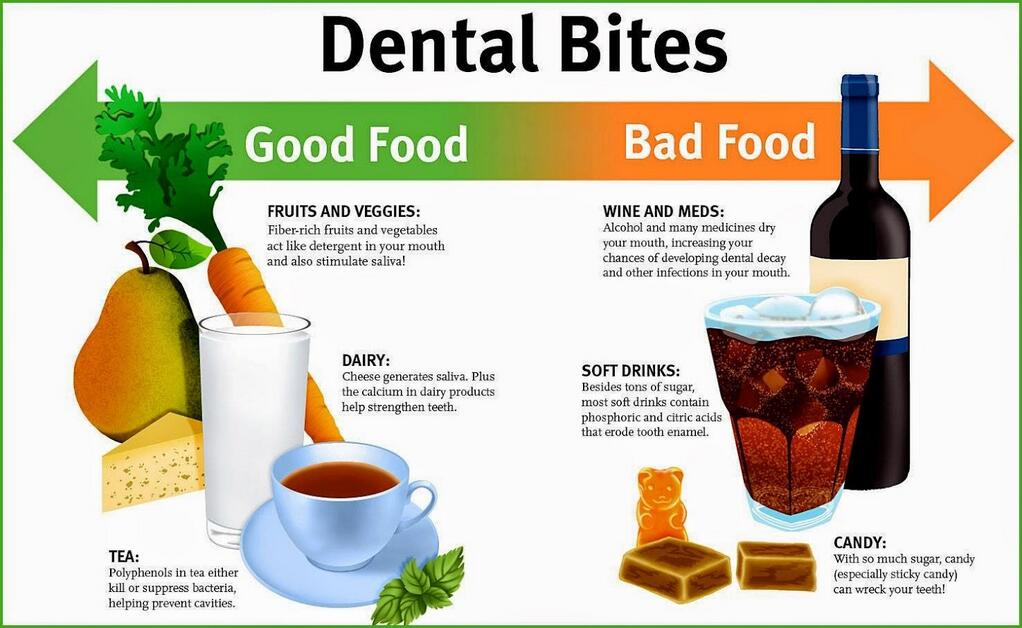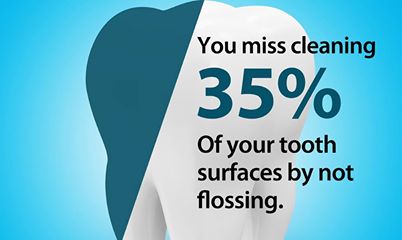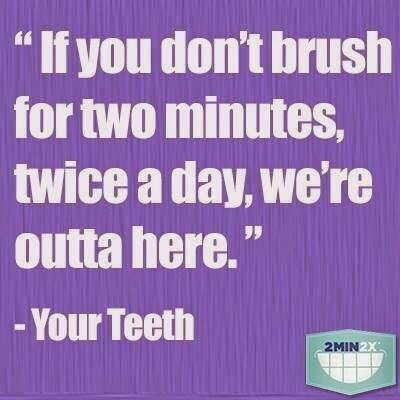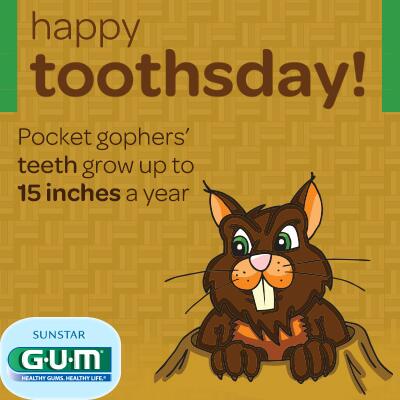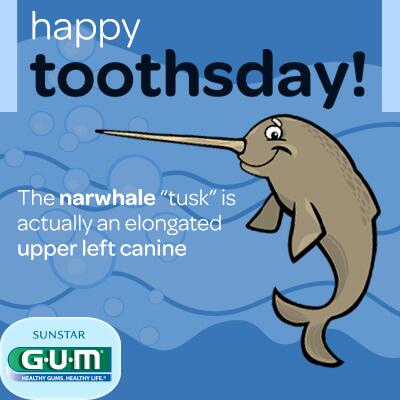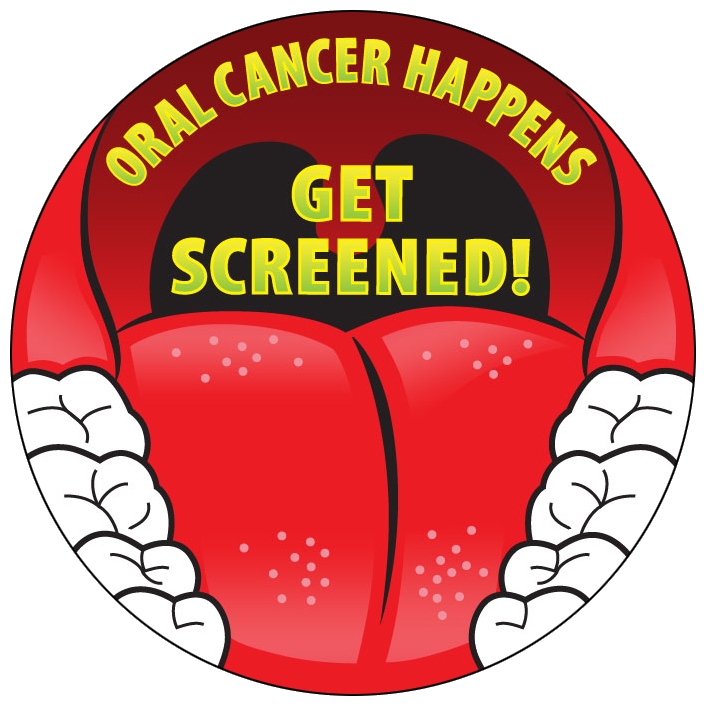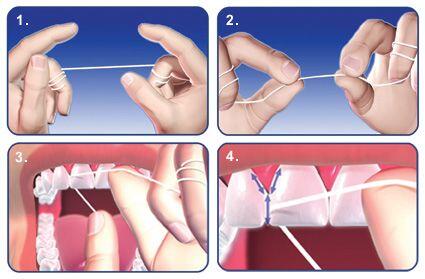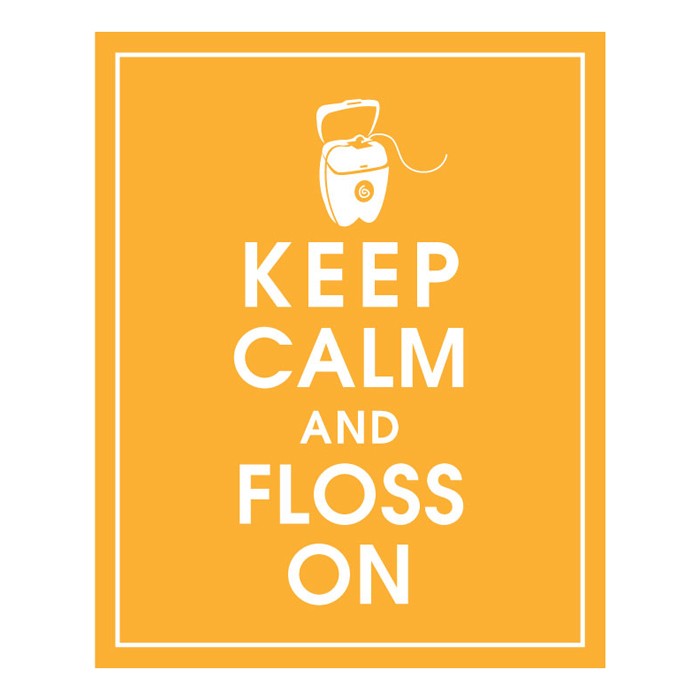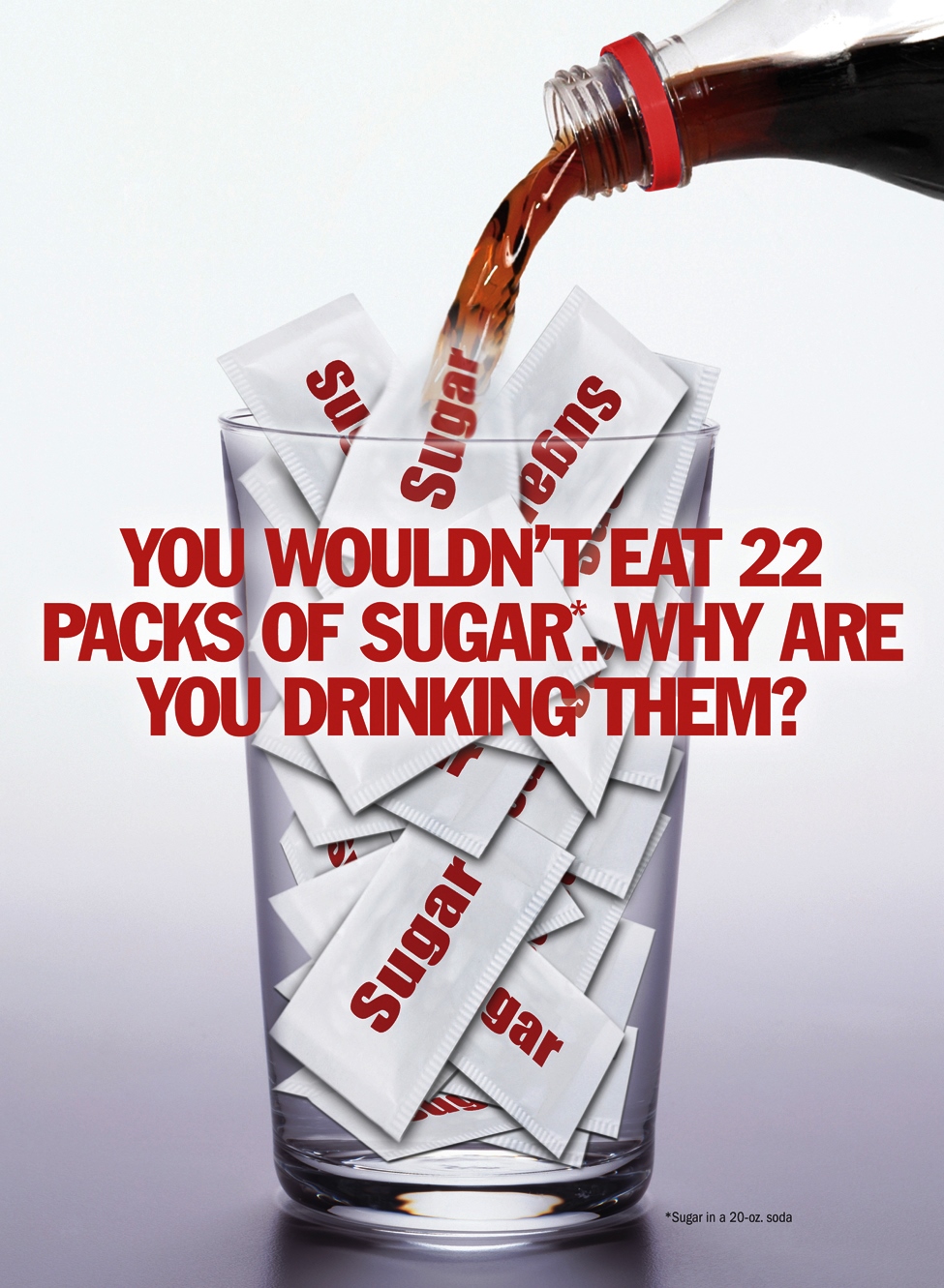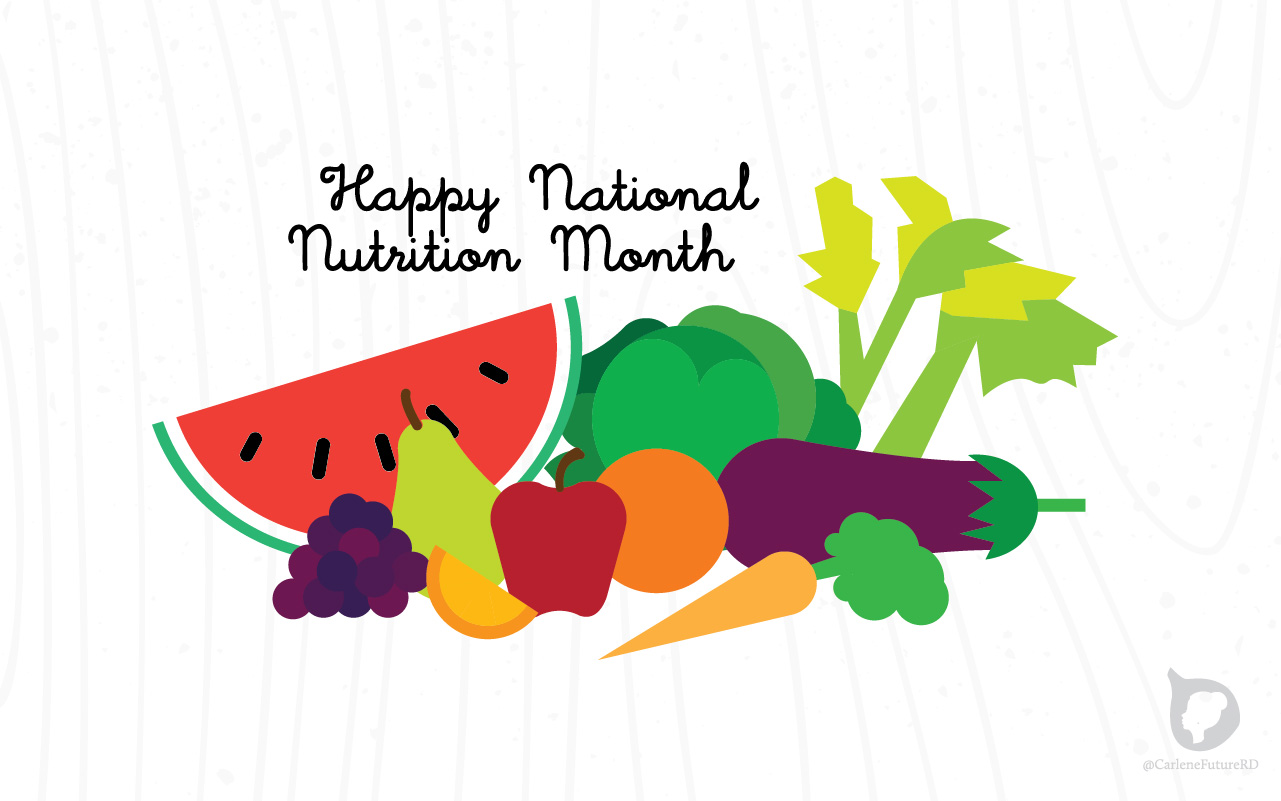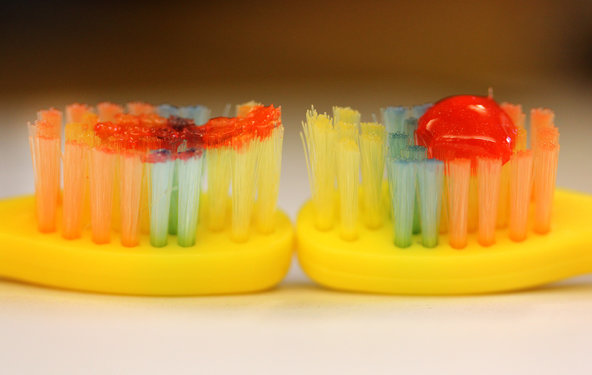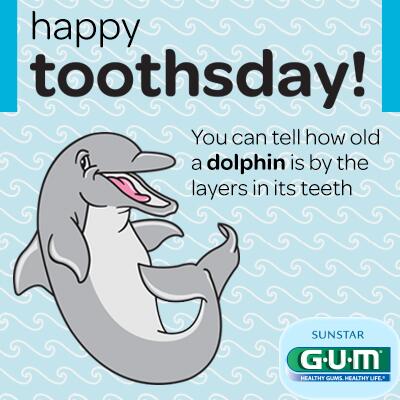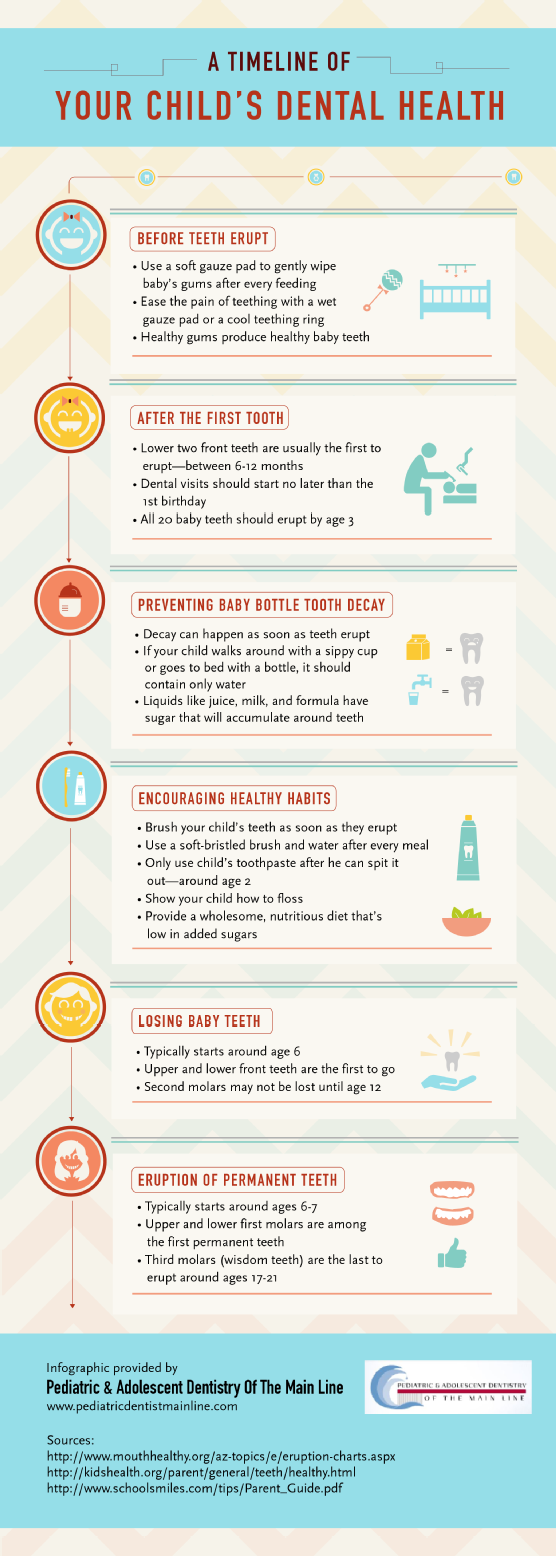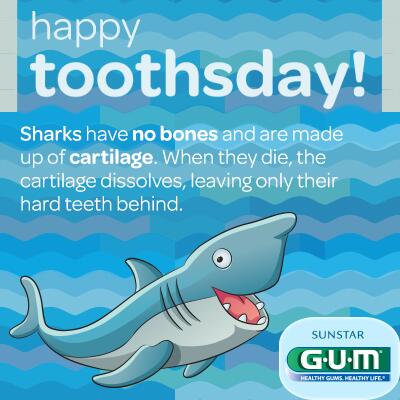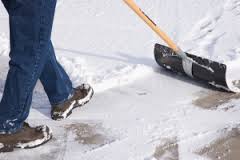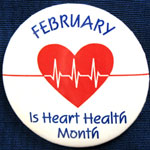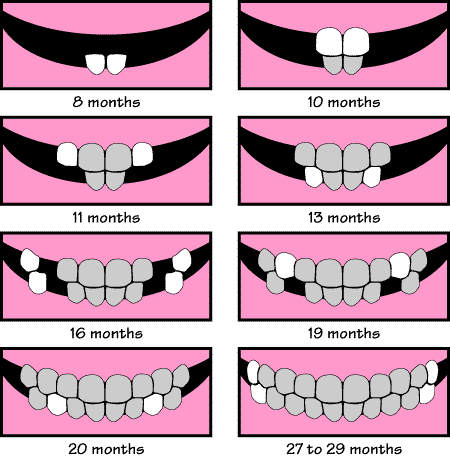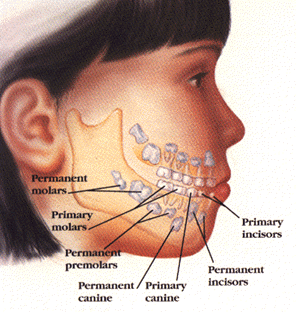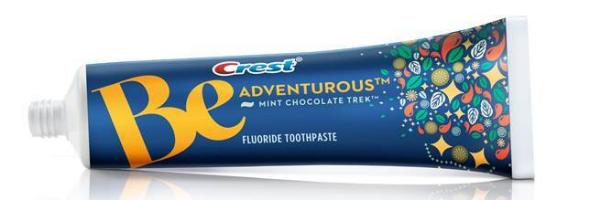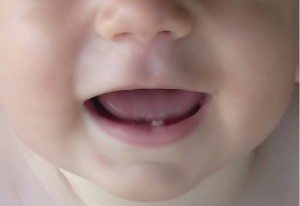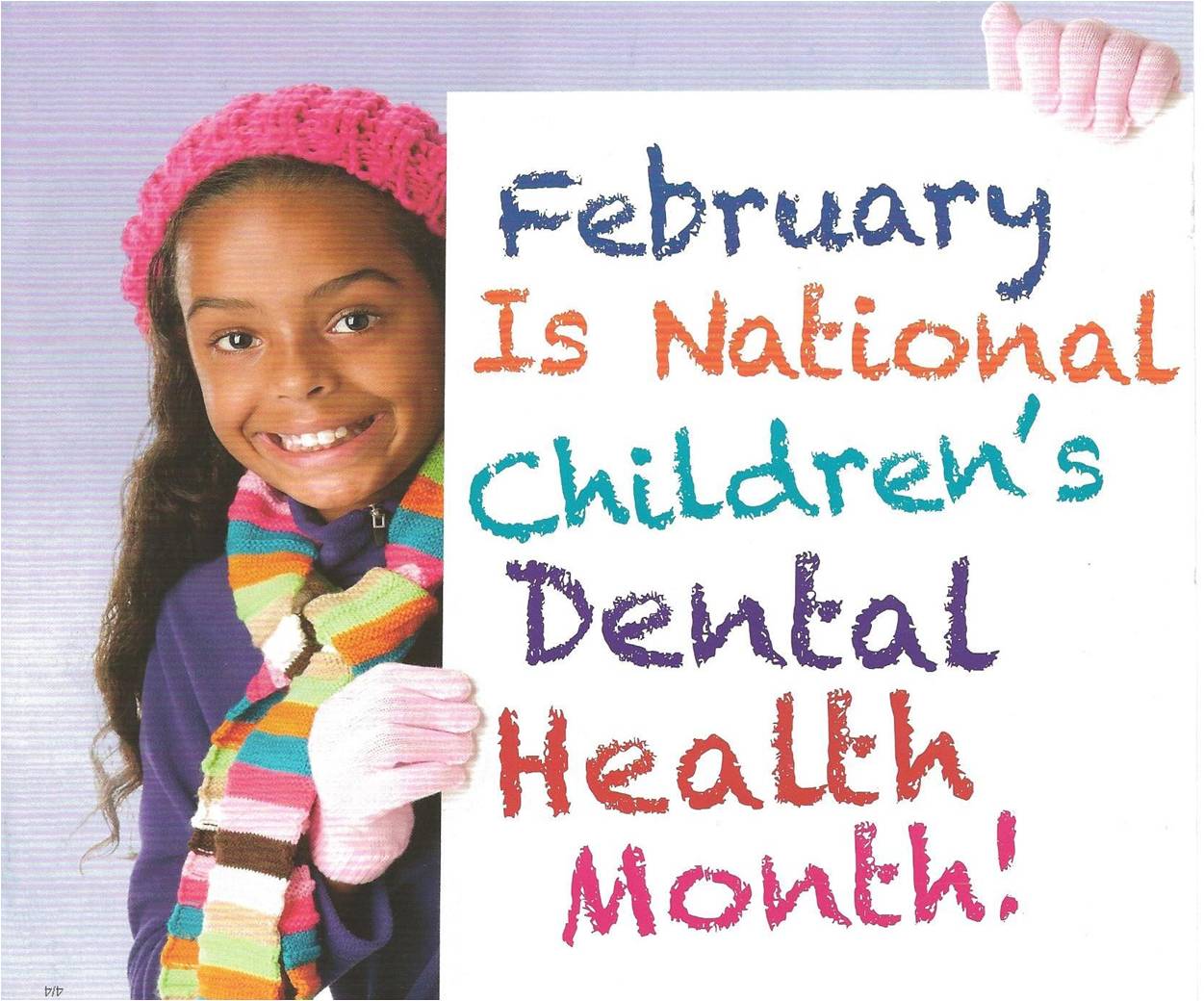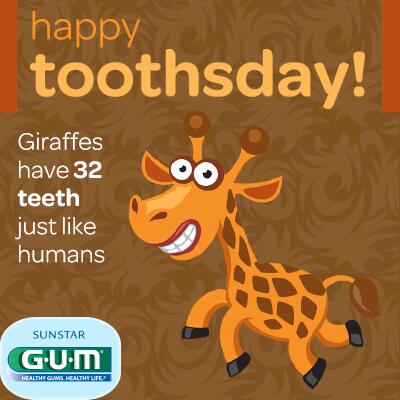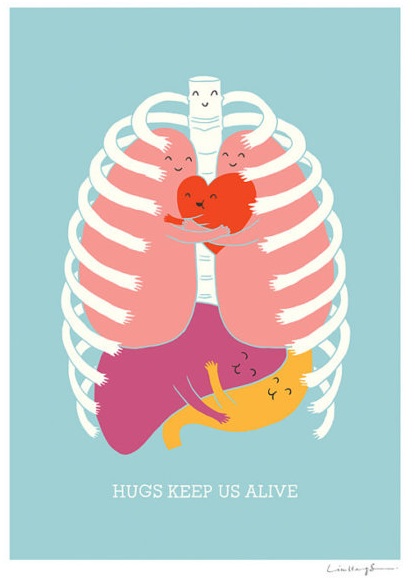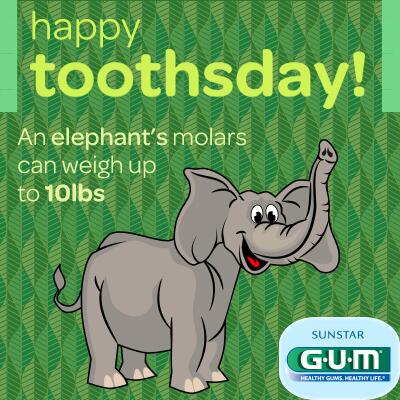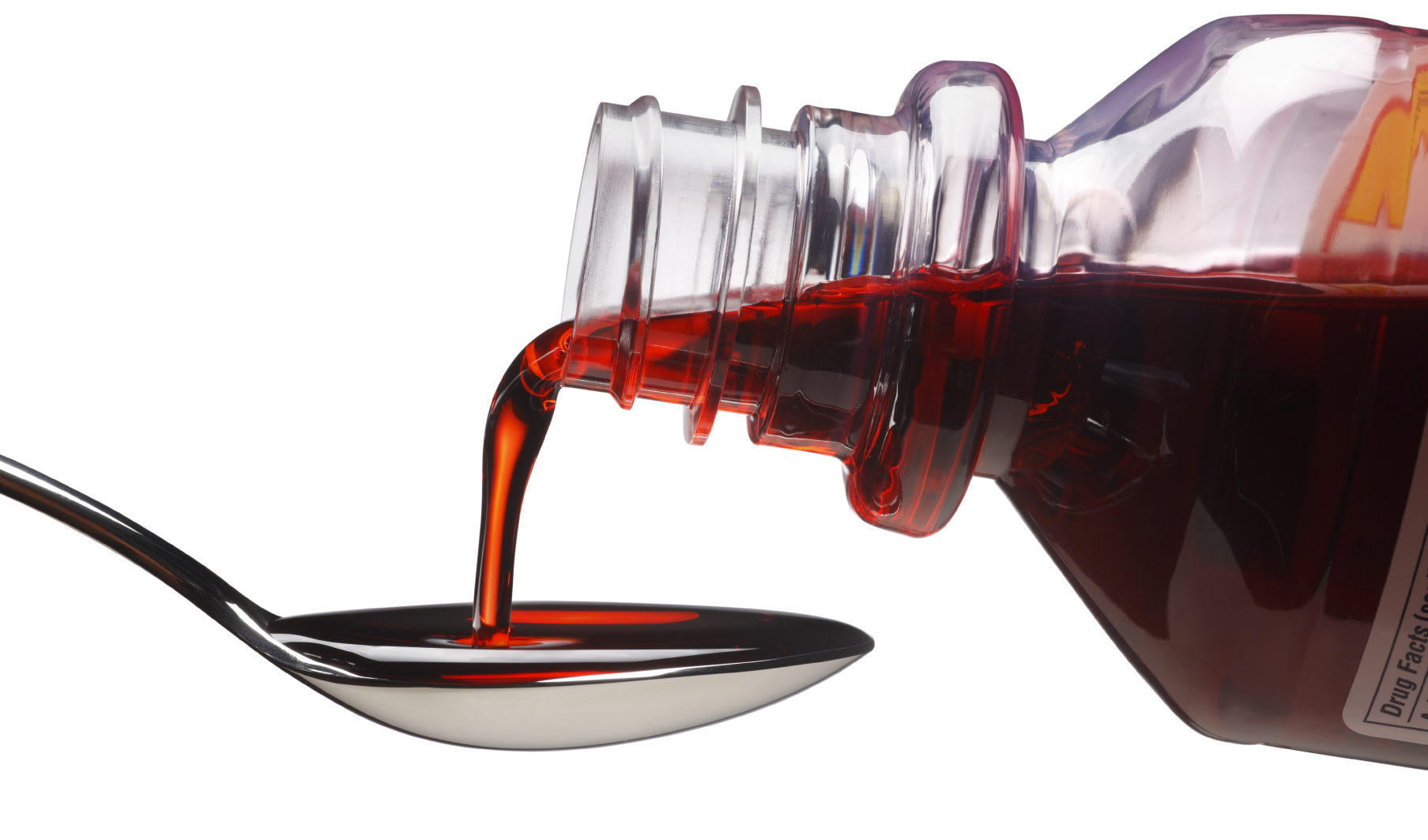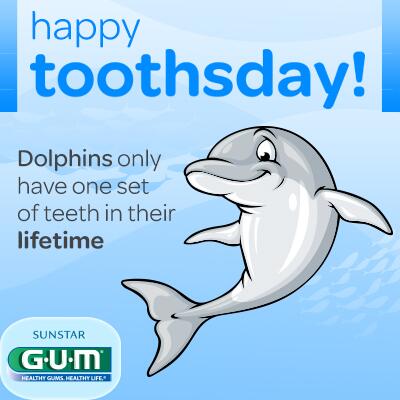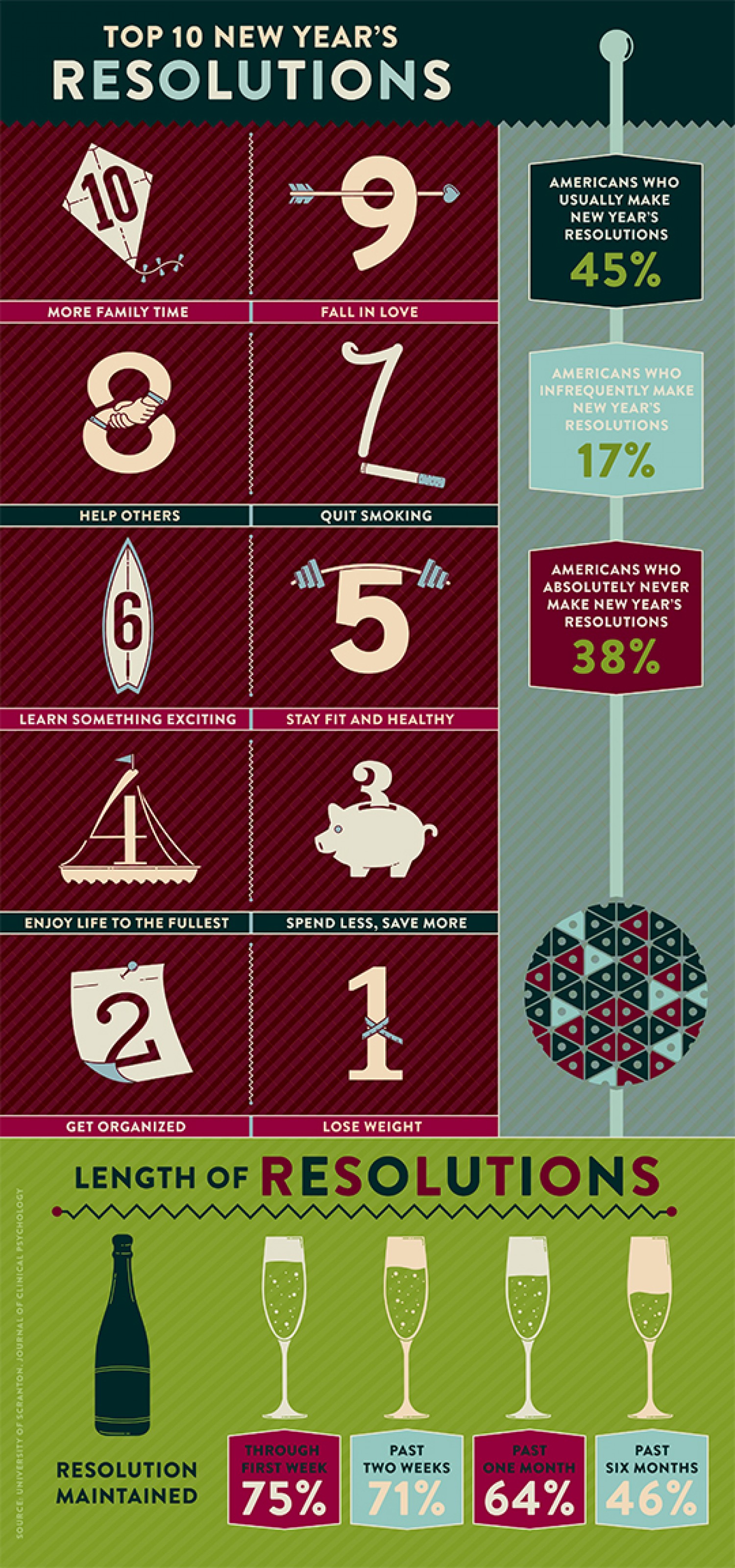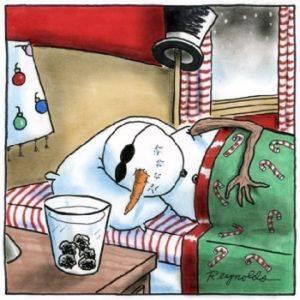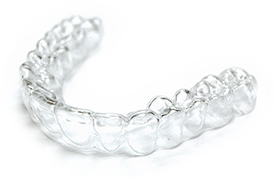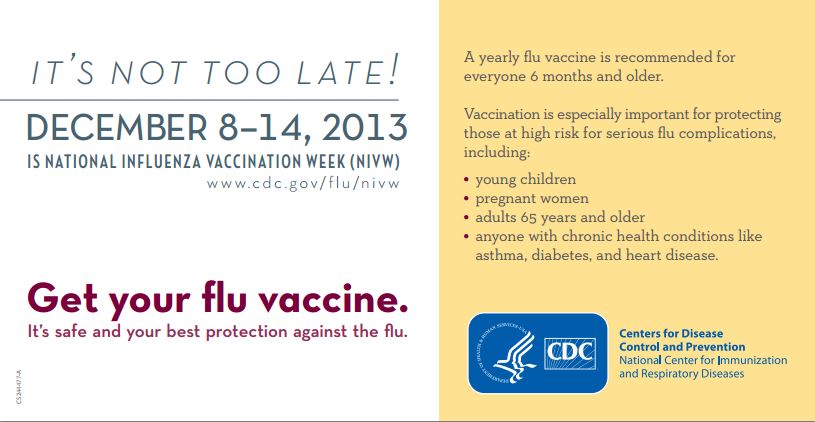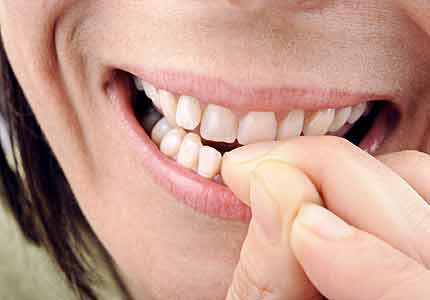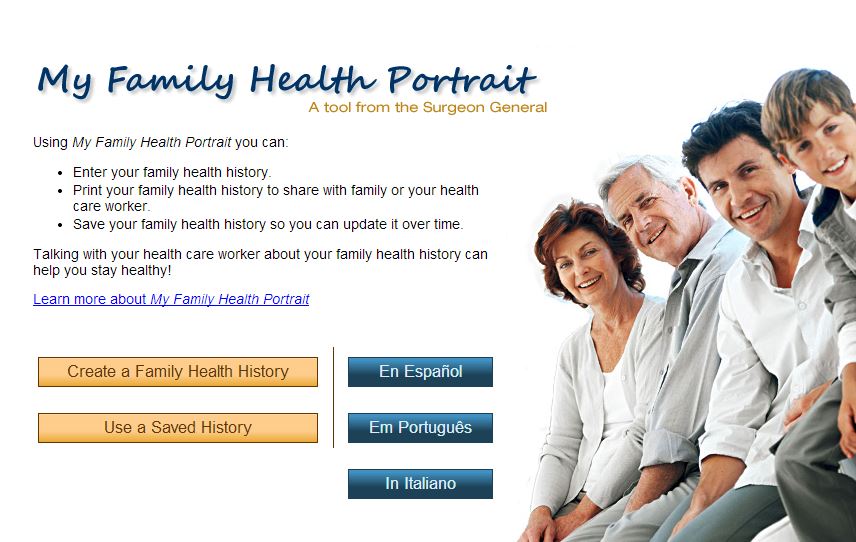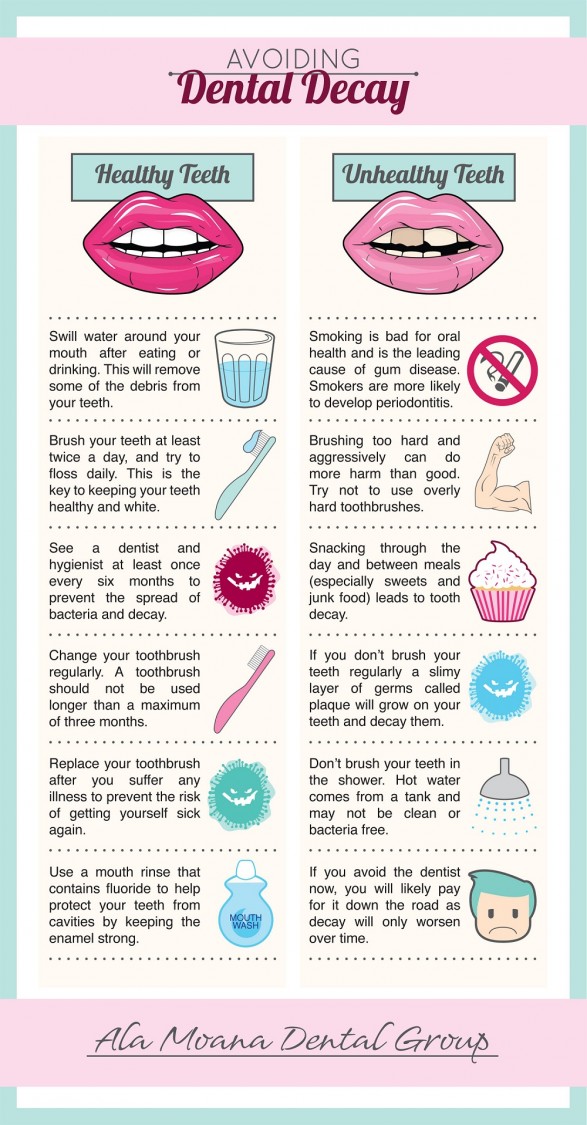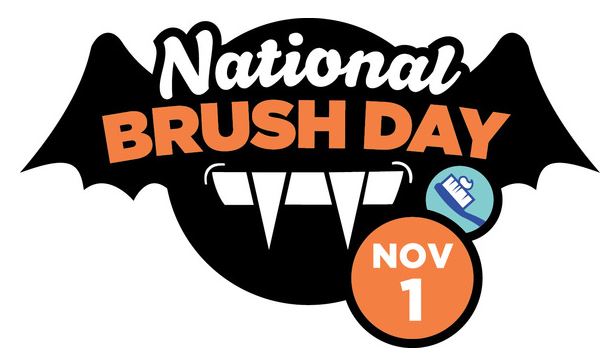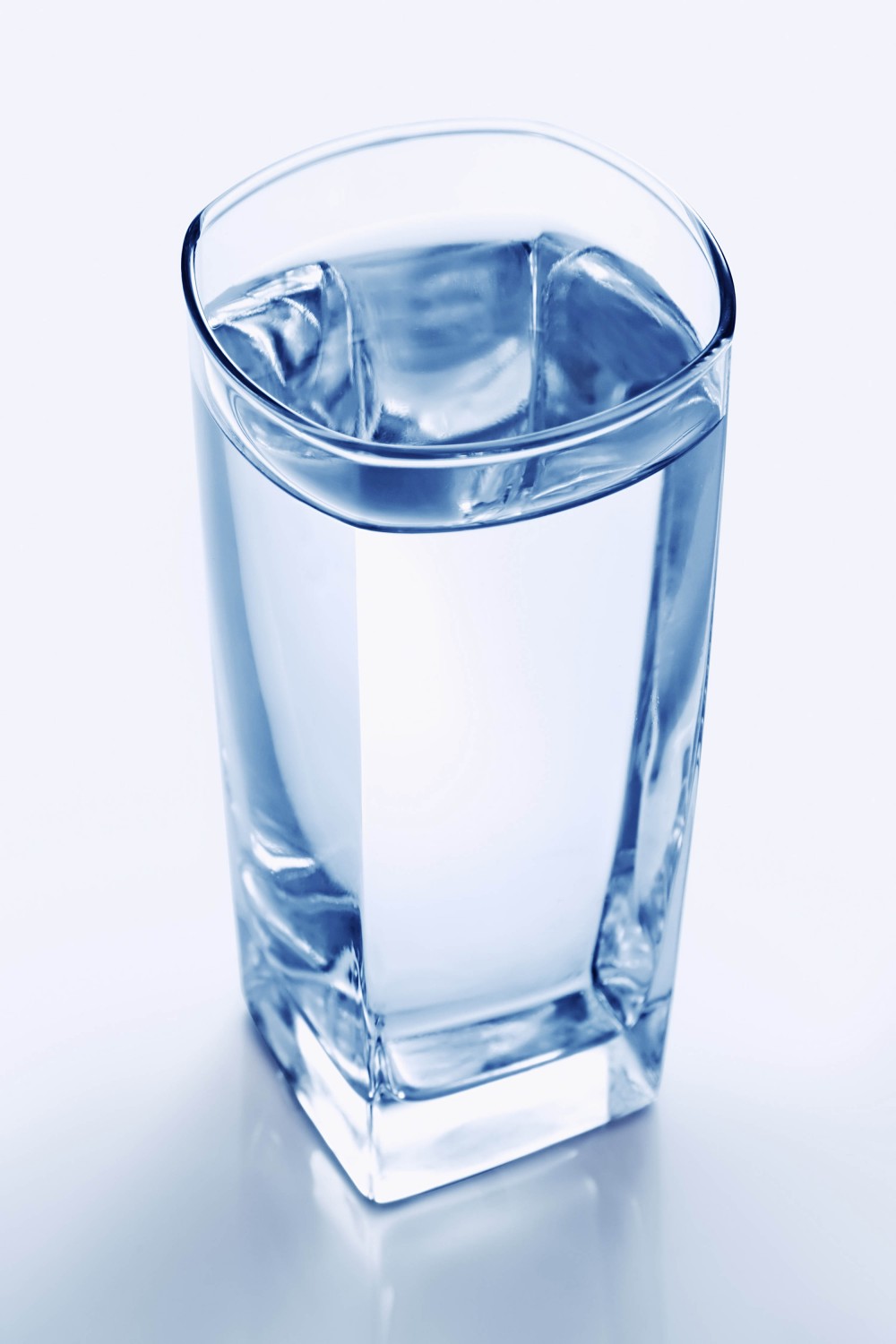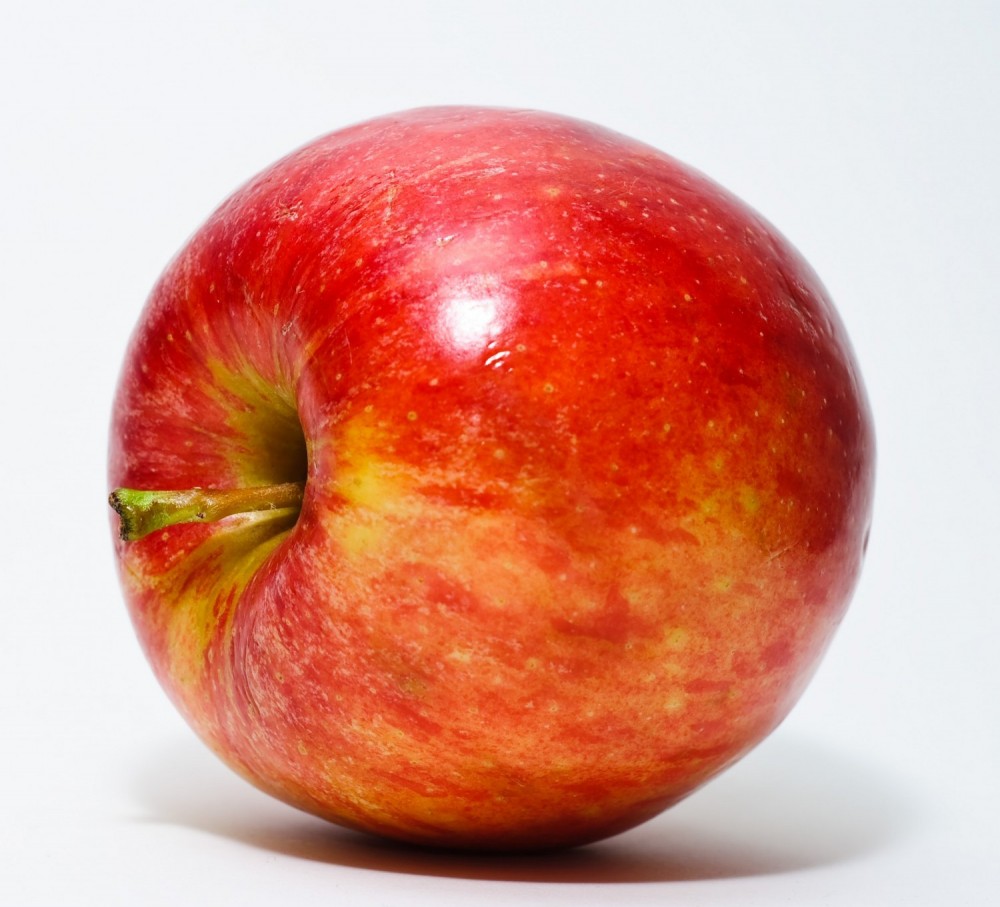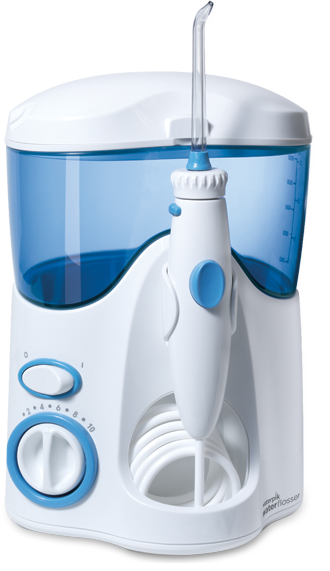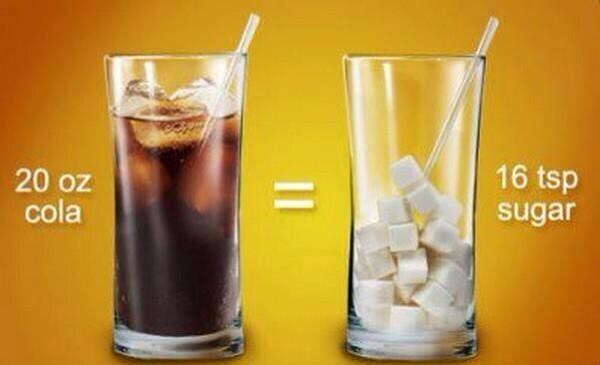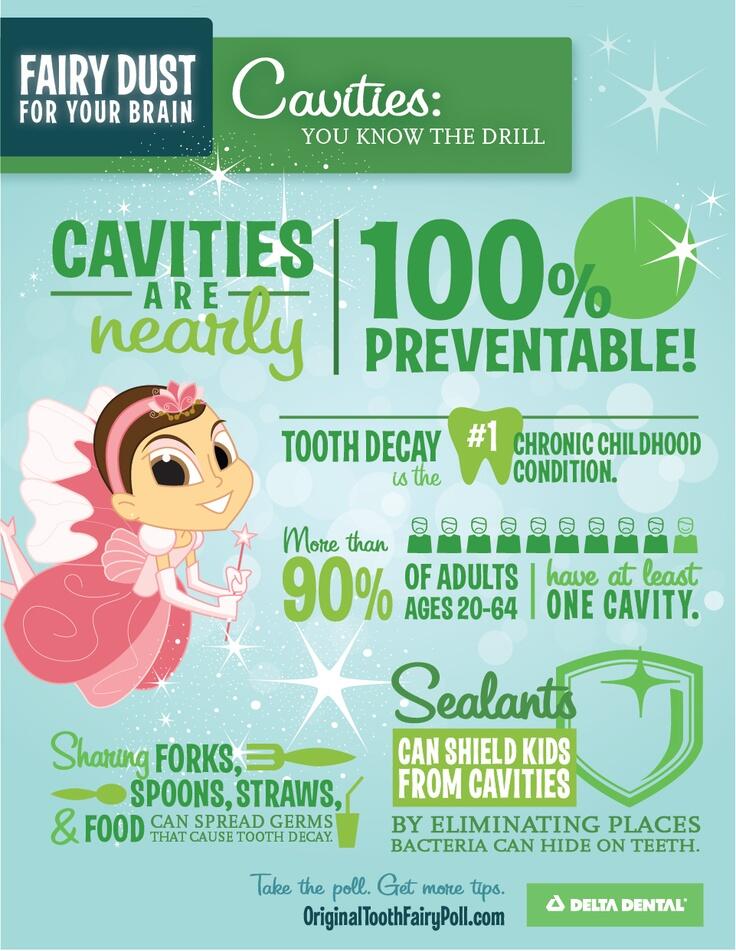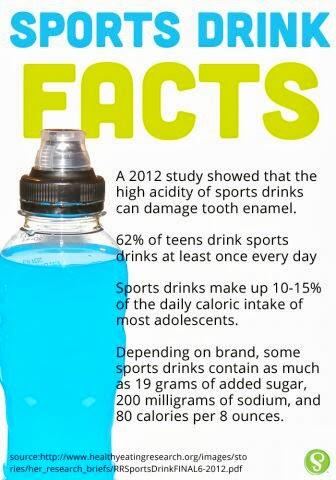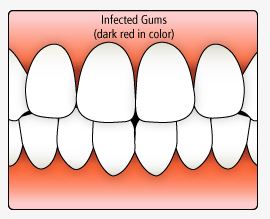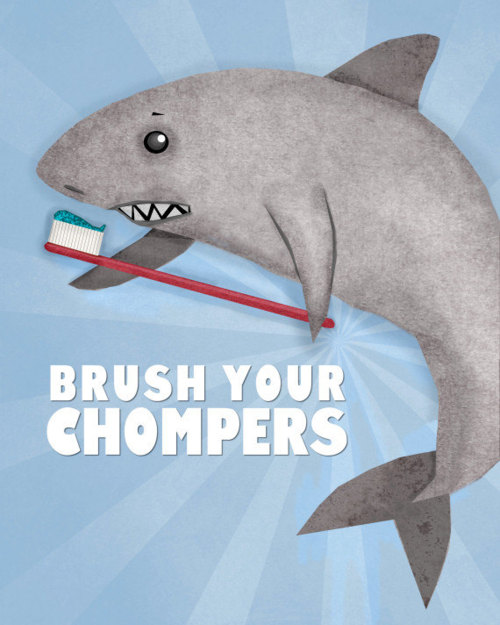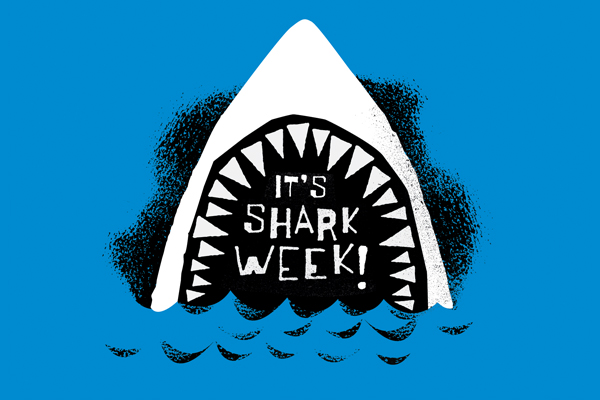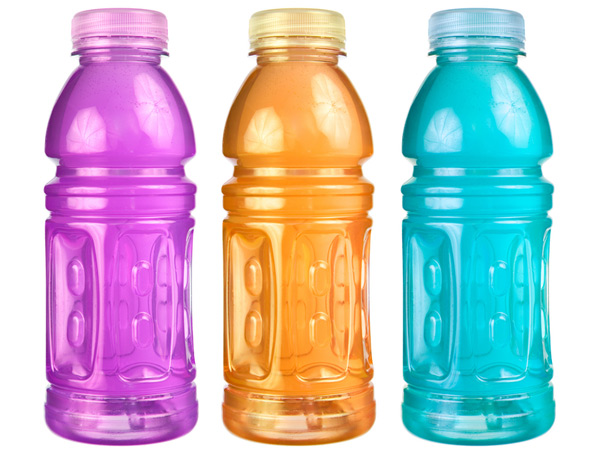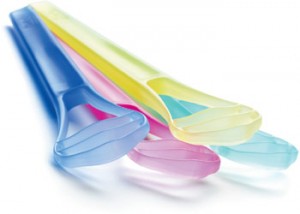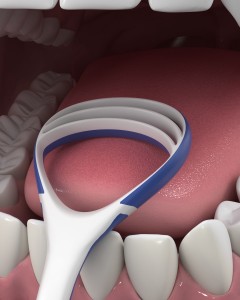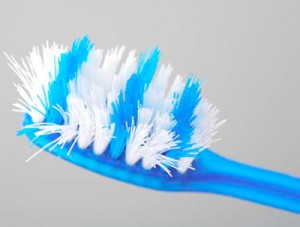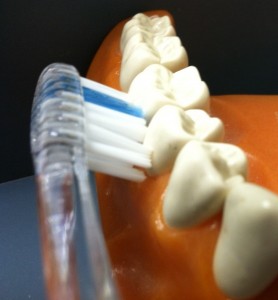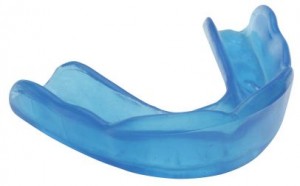Our Blog
Uncategorized
Happy Toothsday!
December 9th, 2014
Give thanks for your teeth!
November 27th, 2014
Happy Toothsday!
November 11th, 2014
November 1st is National Brush Day!
November 1st, 2014
Now that Halloween has passed and everyone is loaded up with candy, it's the perfect time for a reminder about the importance of brushing at least 2 times a day for at least 2 minutes. It's especially important to encourage children to practice this daily oral hygiene routine: starting early in life helps avoid childhood dental problems and establishes good oral hygiene that will last a lifetime. So just remember, 2 minutes twice a day!
Jacques Dentistry, Greenville, South Carolina
A dental hygiene reminder from Casper the Friendly Ghost
October 29th, 2014
Do you remember this cartoon? It's good to see that Casper was promoting healthy oral hygiene habits back in the day! We're sure that Casper would be a big fan of 2min2x.org and promoting the importance of brushing for 2 minutes twice a day!
The caregiver's role in toothbrushing and oral health of older adults
October 7th, 2014
When it comes to taking care of your aging parents, do you consider their dental health as well as their physical health? As parents continue to age, their ability to take care of their teeth tends to decline. This may be due to a loss of manual dexterity, arthritis, stroke, forgetfulness, or a lack of focus on their oral health. Caregivers, whether they are adult children or hired assistants, can play a major role in helping elderly adults maintain their dental health.
Make sure that your aging parent stays on schedule with their routine dental cleanings. Often these elderly patients need to come for more frequent visits, at least 3-4 times a year instead of only twice. If an elderly patient is unable to clean their own teeth due to injury (such as a broken wrist or arm) and does not have a caregiver who is able to clean their teeth regularly, the patient would benefit from monthly professional cleanings. This cleaning routine and the tips below also apply to disabled patients or those who are recovering from an injury that inhibits their dexterity.
A healthy mouth is an important part of overall health and well-being. Healthy mouths help keep patients free of infection and pain and promote the ability to eat well. Brushing is a critical part of maintaining a healthy mouth and applies to natural teeth as well as dentures and partial dentures.
Keys to brushing an adult's teeth:
1. Find a place and position that gives the caregiver easy access. Brushing does not have to be done at the bathroom sink. Sitting in a chair at a table is often the most convenient and accessible place. Have a towel, bowl, and a cup of water ready. You may have to try different positions for better access and/or visibility: Standing behind the patient gives you better control and accessibility; sitting knee-to-knee allows you to visualize where you are brushing. Comfort is key!
2. Skip the toothpaste or use a very small amount. When it comes to brushing, the mechanical action of removing plaque and debris is the main focus, so toothpaste is not necessary. If you do use toothpaste, pick one that contains fluoride and use only a pea-sized amount so that you don't overwhelm the patient. Some patients may not be able to swallow well or may have an aversion to the strong taste of toothpaste. Don't let a lack of toothpaste prevent adequate brushing!
3. Select the right toothbrush. Soft bristles and a handle that's easy to hold are the key features. A children's toothbrush may allow easier access to posterior teeth. Electric toothbrushes have larger handles and are often easier for a caregiver to hold. Many also find that adapting the handle on a manual toothbrush aids control. This can be done by wrapping a washcloth around the handle, attaching a bicycle handle grip or Styrofoam tubing to the base of the toothbrush, or cutting a hole in a tennis ball and attaching it to the end.
4. Brush gently. Take care to angle the toothbrush toward the gumline and gently brush the gums. Pay attention to the backs of the teeth, the spaces between them, and the folds of the cheeks where food easily gets trapped. Swipe the cheeks with a gloved finger or cotton swab to remove any food deposits. If the patient wears dentures or partials, remove them before brushing and be sure to clean the dentures and partials before replacing them.
Flossing is also a key part of oral hygiene, especially for older adults who often have larger gaps between their teeth due to gum recession. However, flossing often becomes more difficult for aging adults due to the loss of manual dexterity and precise movements that are required. Caregivers can always use regular floss to clean between the teeth, although it takes some practice and may feel awkward. Other options are floss holders with longer handles that are easy to grip, inter-dental brushes (these small pointed brushes clean between the teeth at the gumline -- but never force them!), or a WaterPik.
Helping your elderly parent maintain proper oral hygiene will go a long way towards making them more comfortable and avoiding dental pain and problems. It may take some practice to find the best positioning and technique, so don't get discouraged. As a caregiver you are providing an invaluable service!
Feel free to ask us questions about homecare for your aging parent the next time you bring them in for their routine appointment at Jacques Dentistry in Greenville, SC . We are happy to demonstrate positioning and techniques that will help you as you care for your parent.
Was Paul Revere the first forensic dentist?
September 25th, 2014
When you hear the name Paul Revere, you probably think of his "midnight ride" to warn of the movement of the British army toward Lexington, but he had more to his story. By trade, Revere worked as a silversmith, but he was also an amateur dentist!
Project Rx: A River Remedy has next drug take-back event scheduled for September 27, 2014
September 24th, 2014
What's a common item in almost every person's medicine cabinet?
Outdated or unused prescription medications.
So what do you do with them? Leave them there to collect dust? Throw them in the trash? Flush them down the toilet?
No. No. Definitely no!
It's dangerous to leave old medications sitting around. Children may find them and think that they are candy. You may try to reuse an expired medication yourself and find that it doesn't work effectively -- it may have lost its potency or not even be the proper medication for your ailment. In more serious situations, teenagers or young adults may help themselves to leftover pain medications, thus setting themselves up on the pathway to addiction. Many parents, grandparents, and other family members, may have leftover pain medications that they have totally forgotten about stored in their home; these medications can get into the wrong hands all too easily.
Throwing medications in the trash does get them out of your home and away from your family members, but it potentially puts them in the hands of other drug seekers or allows them to affect the environment.
Flushing medications down the toilet definitely gets them out of the reach of humans, but these medications find their way into our rivers and streams. Despite the current advancements in water purification and filtration, the tiny particles of medications slip through and are deposited in the soil, our rivers, and in drinking water.
Luckily for us, we have a wonderful solution to disposing of unwanted medications right here in Greenville, SC: Project Rx: A River Remedy. Project Rx takes places twice a year in and collects and disposes of unused prescription medications.Since the event started in 2010, almost 10, 000 lbs of medication have been collected and safely incinerated with law enforcement.
So go through your cabinets and look for any unwanted and/or expired prescription medications, over-the-counter medications, and pet medications. Keep all medications in their original containers for identification of the drug and quantity. Mark out your name and identifying details with a dark permanent marker, but be sure to leave the medication name visible for sorting purposes. If you have any medications in blister packs, punch out the pills into a sealed Ziploc bag along with the empty blister pouch. Then bring your medications to one of the convenient drive-thru locations listed below -- yep, that's right, you don't even have to get out of your car!
Project RX: A River Remedy locations for Saturday, September 27, 2014:
Greenville Technical College McAlister Square
225 South Pleasantburg Drive
Greenville, SC 29605
ST. FRANCIS millennium
2 Innovation Drive
Greenville, SC 29607
Greenville County Medical Society
1395 South Church Street
Greenville, SC 29605
In the news: polyethylene microbeads in toothpaste
September 23rd, 2014
Have you seen the recent news about polyethylene microbeads in toothpaste? Several different types of Crest toothpaste, including the Crest ProHealth brand, contain miniature microbeads. Larger microbeads have most frequently appeared in facewashes where they act as an exfoliant; however, there has been a push to have this ingredient banned due to the fact that the polyethylene microbeads are not biodegradable and are building up in water supplies.
National Tell a Joke Day -- Dentist Style!
August 15th, 2014
In honor of "National Tell a Joke Day" on Saturday, August 16, we thought we'd share a little dental humor! Which joke got you chuckling the most? 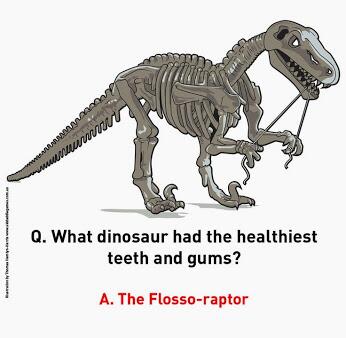
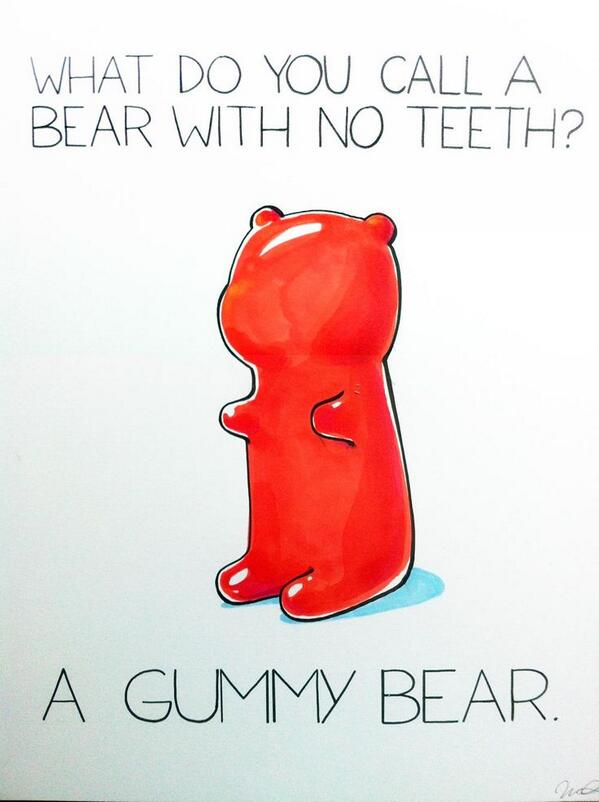
Our advice: take after the "flosso-raptor" so that you don't resemble a gummy bear! :P
Share your favorite joke with us in the comments, on facebook, or tweet us @JacquesDentist!
Happy Toothsday this Shark Week!
August 12th, 2014
Hookah use as dangerous as cigarette smoking
July 31st, 2014
Whether or not you have ever used a hookah, you might have considered it a safe alternative to smoking traditional tobacco products like cigarette, cigars, or pipes. It should be duly noted that this thinking is wrong! Hookah smoking carries addictive nicotine to the body and is as least as toxic as cigarette smoking. Hookah smoking bears many of the same health risks as smoking.
So what is a hookah? A hookah is a water pipe that is used to smoke specially made tobacco that is usually flavored. Hookah smoking is typically done in groups and the pipe is passed around from person to person. Hookah use has recently been on the rise, especially among young people and college students.
Most hookah users believe that smoking a hookah is less riskier than cigarette smoking; however, the risk of tobacco-related disease is still very much present. Hookah and cigarette smoke contain many of the same toxins, and hookah smoke is associated with lung disease, respiratory illness, low birth weight, and periodontal disease.
A scary fact that many hookah smokers might be shocked to learn is that hookah smoking may actually expose the smoker to more smoke over a longer period of time and than cigarette smoking. The method of hookah smoking, including puffing frequency, depth of inhalation, and smoking session length, all contribute to the smoker absorbing higher concentrations of toxins.
There are a few other concerning risks linking hookah smoking to cancer. Hookah tobacco is heated with charcoal, which creates smokes containing high levels of carbon monoxide, metals, and cancer-causing chemicals. The tobacco juices from hookahs irritates the mouth and increases the risk of developing oral cancer. A hookah smoking session is usually about an hour long and involves 200 puffs, while a typical cigarette is 20 puffs. This leads to a hookah smoker inhaling at least 150 times more smoke than when smoking a cigarette. And just like second hand cigarette smoke, hookah smoke risks the health of both smokers and bystanders.
While hookah smoking may seem like an innocent activity, it cannot be stressed enough that one session can have the same harmful effects as smoking multiple packs of cigarettes.
You can find more information about the dangers of hookah smoking from the CDC or the American Lung Association.
Throwback Thursday!
July 24th, 2014
Which is worse for teeth, saltines or candy?
July 22nd, 2014
So, which is worse for your teeth?
It might seem like candy is the obvious answer, but in fact, crackers or chips can be worse!
Starchy foods like crackers, chips, and white bread, tend to stay stuck in the grooves of teeth long after a meal. And while these foods are not thought of as "sweets," they all tend to include sugar in their list of ingredients. Saltine crackers are a simple starch, which means that they convert into sugar almost immediately. Cavity-causing bacteria love to feed on sugar -- no matter what the source! In turn, the bacteria produce acids that harm tooth enamel and lead to tooth decay.
One of the most harmful aspects of eating foods like crackers is that most people do not suspect that they are a cavity culprit. Eating these types of foods with a meal (instead of as a stand alone snack) will aid in their breakdown and digestion. If you are not able to brush your teeth after eating, make sure that you rinse very well with water and try using a toothpick to dislodge any particles that are stuck in your teeth.
Parents should also take heed when it comes to their children's snacks. Some of those go-to crackers may be an unintended source of decay! Try more complex carbohydrate snacks like nuts, fruit slices, or cheese, which won't stay lodged in teeth grooves all day long.
Coffee extract has potential to improve oral health
July 17th, 2014
Brazilian researchers have discovered some exciting properties of coffee extract from Coffea canephora, a type of coffee bean found in Brazil in Vietnam and commonly known as Robusta. In a published study, researchers found that the coffee extract had an anticariogenic, or anti-cavity causing effect.
Researchers grew biofilms on extracted baby teeth by using bacteria found in saliva samples. Dental plaque is a complex biofilm that naturally occurs on teeth; when not properly removed, plaque leads to tooth decay and gum disease.
These teeth were then treated with either coffee extract, chlorhexidine (a known dental antimicrobial), or Milli-Q water (ultra-pure laboratory grade water). The water was not effective toward reducing the amount of bacteria, while the coffee extract and chlorhexidine had similar effects in reducing plaque bacteria and promoting mineralization.
The coffee extract significantly decreased the number of colonies of Streptococcus mutans, which is the main cavity-causing bacteria found in plaque. In addition, the teeth treated with coffee extract had higher values of microhardness, which indicates an increase in remineralization of the tooth enamel.
So how does this apply to everyday life? Well, more research is still needed to fully understand the potential of coffee extract. However, drinking strong, black coffee in moderation may may help reduce plaque. It is important to note that heavy coffee consumption may lead to stained teeth and acid erosion of enamel due to the acidity of coffee. In addition, if you add cream and sugar to your coffee, then any of the anti-cavity properties are cancelled out. But overall, there is a known positive correlation between coffee consumption and oral health: coffee decreases plaque deposition and lowers counts of cariogenic bacteria like S. mutans.
There is much potential to use extract from Coffea canephora in dental products in the future. Who knows, one day it may be as common as the fluoride found in toothpastes and mouthrinses!
Happy Good Food For Your Teeth Month (aka June)!
June 2nd, 2014
Say what? Well, certain foods and drinks are recognized every month and designated "National _____ Month." The month of June just happens to be
- National Fresh Fruit and Vegetables Month
- National Dairy Month
- National Iced Tea Month
among other things! Did you know that some of the best foods for your teeth are vegetables, fruits, and dairy products like cheese and yogurt. The beverages that help make your teeth healthy include milk and tea! So with all this celebrating of these foods and drinks this month, you can help your teeth be better than ever!
So what are the benefits? Fruits and vegetables are full of fiber and their texture helps to scrub the surfaces of your teeth, which removes plaque. The chewing process associated with these fiber-rich foods also stimulates saliva, which is a natural protector against acids and sugars. Dairy products contain calcium that helps to strengthen your teeth; and cheese specifically is known to stimulate salivary glands. As for tea, while drinking excessive amounts of tea can lead to teeth staining, moderate consumption is beneficial due to the polyphenols in tea that protect against cavity causing bacteria.
We know you've heard it before, but it never hurts to be reminded that sugary candy and soft drinks can wreck your teeth! Sticky candies make sure that sugar stays stuck on your teeth and soft drinks bathe your teeth in sugar and acids. Some less recognized cavity culprits are wine and medications, which can lead to dental problems in a less obvious way: wine and medications dry out your mouth. Without adequate salivary flow, your mouth lacks the natural protective properties of saliva and is at greater risk of tooth decay and infections.
Oh, and I guess we can't go without mentioning that it does happen to be National Candy Month, too... No joke. Hopefully all of the great choices between fruits, vegetables, dairy, and tea will outweigh any candy that you do consume! Just make sure that you rinse well with water after eating candy and stick to your oral care routine, and I guess we'll give you a pass this month! ;)
Lack of oral hygiene and dental care can lead to missed school days
May 29th, 2014
Did you know these dental facts?
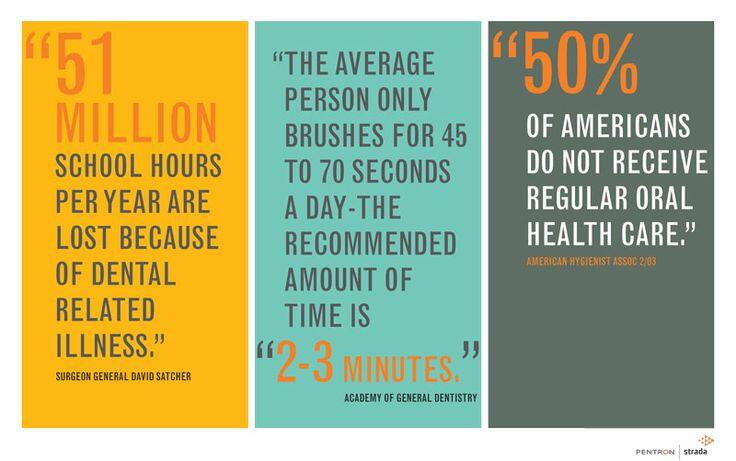
You may realize that they are related to each other. Dental illness like cavities and toothaches can unfortunately prevent children from attending school regularly. The best plan is for parents to teach their children by example to
- brush for at least 2 minutes twice a day
- receive regular dental check ups and necessary treatments
Then, ideally, many of these school absences can be prevented! When it comes to keeping your teeth healthy, being proactive is the key! By teaching children good oral health habits at an early age and getting them into the routine of receiving regular oral care, these children will hopefully grow into conscientious adults with healthy teeth and mouths.
Don't let preventable dental problems stop your kids from learning!
If you're not flossing, you're not cleaning a third of your teeth!
May 21st, 2014
It's true! Your toothbrush can't reach between your teeth where they touch each other, so those surfaces are not getting cleaned if you are not flossing. And while toothbrush bristles can't reach between your teeth, food, plaque, bacteria, and liquids definitely can!
When you eat or drink, food and liquids are pushed between and through your teeth, leaving behind remnants that can damage your teeth. The cavity-causing bacteria (strep mutans) in your mouth loves to feed on the sugars that are left behind -- and those spots between your teeth are perfect feeding grounds for bacteria.
This is way it is so important that flossing is part of your daily oral hygiene routine! If you need some tips or a refresher on how to floss your teeth, we have some great flossing instructions on our website. Check it out! And of course we are always happy to give you an in person tutorial during your next visit to Jacques Dentistry. Just ask!
No brushing, no teeth!
May 15th, 2014
Educating us about oral health AND makes us laugh?! Thanks to clever folks at 2min2x.org for helping get the message out that brushing your teeth TWICE everyday and for at least TWO MINUTES is critical for oral health and well-being. If you want your teeth to still be present -- and functional! -- when you're older, then you have to take care of them daily. Proper oral hygiene helps prevent tooth decay and gum disease -- both of which can lead to tooth loss. So take care of your teeth now -- or they won't be waiting around for you when you finally decide that you are ready to give them the care that they deserve!
Drink more water for your health and your teeth
May 8th, 2014
Did you know that it's Drinking Water Week? Yes, the first week of May is set aside to promote the benefits of water and to encourage the preservation of this precious resource.
From the eyes of a general dentist, the benefits of drinking water are obvious. It's good for your health by hydrating and fueling your body. It's good for your teeth by exposing them to the protective properties of fluoride. And when it comes to your teeth, if you are drinking water, then it means that you are NOT drinking an acidic, sugar-laden beverage that can actually cause harm to your teeth! Did you also know that sometimes a feeling of hunger can actually be masking thirst? Next time you feel the urge to scarf down a snack, consider drinking a glass of water and seeing if your hunger subsides -- you may find that drinking more water helps you feel healthier and shed some extra pounds!
So as the temperatures start getting warmer outside, remember to reach for some water -- preferably tap water! -- when you want to cool off!
Vitamin D levels during pregnancy may relate to children's dental health
May 7th, 2014
Pregnant women know that there are many nutritional, dietary, and lifestyle habits that can affect their developing baby. A recent study reveals that low levels of maternal Vitamin D can lead to increased tooth decay in children. Early childhood caries (ECC) is distinguished as any tooth decay in infants or very young children; unfortunately, ECC is a common occurrence at this age.
Researchers measured the levels of Vitamin D in pregnant women during their second and third trimesters. After giving birth, the mothers returned with their children for the evaluation of their dental health. The results of the study revealed that mothers of children with ECC had significantly lower levels of Vitamin D during pregnancy.
Vitamin D levels and ECC appear to have an inverse relationship: the lower the levels of Vitamin D during pregnancy, then the greater number of decayed teeth in infants. This study seems to be the first to show the link between prenatal Vitamin D and early childhood caries, indicating the need to correct low maternal Vitamin D levels in order to aid in the prevention of ECC.
So how can you make sure that you're getting enough Vitamin D? Sunlight is the most common source of Vitamin D, and sun exposure of 15 minutes a day is considered adequate. If sufficient sunlight is not obtained, then dietary sources of Vitamin D can utilized. These include vitamin-fortified food sources such as milk, orange juice, soy milk, and cereals; fatty fish such as salmon, mackerel, tuna in oil, sardines in oil; cod liver oil, egg yolks, and liver.
Happy Toothsday from Jacques Dentistry!
May 6th, 2014
Did you know....
Pocket gophers' teeth grow up to 15 inches a year!?!
Gophers use their front teeth to chew on lots of tough roots and sometimes even to dig through the dirt. Since their teeth are a type of tool for them, it's no surprise that their teeth wear away over time. Luckily for gophers, their teeth are constantly growing so that they can maintain them for functional usage.
Humans aren't so lucky (or maybe we are lucky that our teeth don't grow longer!), so don't use your teeth as tools! Human teeth wear away from using them as tools or from habits such as grinding. Once our tooth structure is worn away, it's gone! We can restore worn teeth with bonding, crowns, and veneers, but it is much better to just protect your teeth from the start!
So take care of your teeth and protect them from wear. If your teeth suffer from wear, talk to Jacques Dentistry about restoring them and/or making a protective nightguard (aka occlusal guard) to prevent further damage.
Your baby's healthy smile starts before birth
April 30th, 2014
Keeping your own mouth clean and healthy has a great impact on the future dental health of your child. Make sure that you brush at least twice a day and floss every day during pregnancy. Since your child's teeth begin to develop while still in the womb, it's important that you are eating a diet rich in nutrients and vitamins to support your baby's developing teeth. For more information on this topic, as well as how to start caring for your baby's gums and teeth once they appear, watch this short video from the American Dental Association.
https://www.youtube.com/watch?v=wcmmsqK1TwA&feature=em-subs_digest
Leave us a message on our Jacques Dentistry facebook page to let us know what you think!
It's time for your Dental Spring Cleaning!
April 29th, 2014
Spring is in the air!
The sunshine and warmer weather are great motivators for freshening up your home and office. So if you're making your spring cleaning checklist -- and especially if you've already finished cleaning! -- make sure that a visit to Jacques Dentistry is on your list!
It's easy to let your dental maintenance appointment slip by, so consider this your friendly reminder! And if it's not quite time for your check-up, consider calling us now so that we can reserve your preferred time for your appointment.
This nice weather is sure to make you smile -- so make sure you're putting your best and healthiest smile forward!
Happy Toothsday!
April 29th, 2014
Dr. Jacques is Boston Strong!
April 23rd, 2014
Dr. Richard G. Jacques, an avid runner, has completed over 45 marathons, a majority of which are the Boston Marathon, which he has run nineteen times. On April 15, 2013, he had just completed an important personal goal of running the Boston Marathon 10 years in a row when he was alerted to the bombing attacks on the course.
The people of Boston and the marathon itself, which Dr. Jacques considers among the most prestigious and challenging races, hold a special place in his heart. In the aftermath of last year's marathon, he never considered not returning to run again for the 11th consecutive year. As the anniversary of the attacks approached, he was asked by The Greenville News to reflect on last year and on his return to Boston; below is an excerpt from the newspaper article. The complete online version can be found here.
We are extremely proud of Dr. Jacques for all that he has accomplished and for his determination in maintaining the "Boston Strong" attitude. We applaud him as he looks forward to his 20th Boston Marathon next year!
From
Greenville dentist Dr. Richard Jacques remembers how beautiful Boston was during the early hours of last year’s marathon.
He’ll never forget how the race ended.
Jacques had just completed his 10th straight Boston Marathon when he walked to his room at the Taj Boston on the corner of Arlington and Newbury streets -- about three blocks from the finish line.
He says he returned quickly to his room to relax and see his wife, Mary Jane, and daughter, Amy, who made the trip from New York City by train. Jacques also remembers a quickly changing scene from his view overlooking a public garden.
“We had the windows open because it was a pretty afternoon,” Jacques said. “I can’t remember an instance hearing the bombs, but what I did hear were a whole lot of sirens.
“Suddenly there were all of these sirens and police. The streets were swarming with police and SWAT teams. There were policemen on horseback ... soldiers with AK-47s. It turned into a completely different scene.”
Later he learned of the twin bombings that left three dead and injured 264 others.
He’s competing in the race again this year -- today will mark his 19th time -- and says there was no hesitation in his decision to make the trip.
“Absolutely not,” he said. “That was not even an idea in my head.
“I’ve had patients ask me ‘Oh, are you going back?’ And my first response was ‘It will be the safest place to be.’
“The incident wasn’t going to deter me. The city of Boston just embraces this whole weekend and the runners feel so welcomed up there.”
Jacques runs year-round and says he likes to compete in three marathons a year. “Two in the fall and then I like to run Boston. It’s the oldest and most prestigious.”
Last year Jacques, 60, finished with a time of 3 hours, 52 minutes. His personal best for a 26.2-mile race is 3:13 and his first year running in Boston was back in 1989 when he says there were about 6,500 entries. This year the field will swell to about 36,000 competitors.
According to the Boston Athletic Association’s website, today’s race also will have 10,000 volunteers and 3,500 uniformed police officers.
...
Jacques isn’t making any changes to his routine. He left Friday for a short car ride to Charlotte where he boarded a flight to Boston’s Logan International Airport. He plans to return to Greenville on Tuesday.
He notes other changes have been made for safety concerns. Jacques says bags to hold the extra clothing worn for the cool-morning bus ride from Boston to Hopkinton will not be permitted.
The extra layer of clothes is usually returned and waiting for the runners near the finish line. This year Jacques says clothing will be discarded at the starting line and given to the homeless in the area.
But Jacques welcomes the changes that come with this year’s race. He’s been there for some of the marathon’s highlights, including its 100th anniversary in 1996, the race at the turn of the century, and, in 2012 when he said the field ran in the second hottest Boston Marathon on record.
“Each (Boston Marathon) is special,” he said. “You get to learn the course. I’ve made a lot of friends. It’s a real meaningful trip.
It’s a pleasant experience and I’m going to keep doing it until I can’t do it anymore.”
April is Oral Cancer Awareness Month
April 9th, 2014
It's time to focus on Oral Cancer this month. At Jacques Dentistry, we routinely perform oral cancer screenings on all of our patients. Early detection is the key! The statistics on oral cancer unfortunately have not improved -- mainly due to the common incidence of late diagnosis.
Here are some alarming facts about oral cancer:
Over 43,000 people will be diagnosed with oral or pharyngeal cancer this year.
Oral cancer will cause over 8,000 deaths this year, killing roughly 1 person per hour, 24 hours per day.
Of those 43,000 individuals newly diagnosed this year, only slightly more than half will be alive in 5 years.
The death rate associated with oral cancer is particularly high not because it is hard to discover or diagnose, but due to the cancer being routinely discovered late in its development.
The advent of HPV is preventing early discovery of oral cancer. HPV particularly affects the posterior part of the mouth (oropharynx, tonsils, base of tongue), which often does not produce visible lesions or discolorations that are the typical warning signs of the disease.
For individuals over 50 years old, tobacco (in any form) is the greatest risk factor. Historically, at least 75% of diagnosed patients over 50 years old have been tobacco users. HOWEVER, this statistic is changing with the advent of viral causes.
Those who use tobacco and heavily consume alcohol have a significant increased risk of oral cancer (15x greater risk), due to the detrimental synergistic effects.
Be on the lookout for any sores or discolored areas in your your mouth that do not heal within 14 days. It is best to have these areas examined by your dentist. Also be aware of any lumps or masses in the mouth or neck, pain or difficulty swallowing, speaking, or chewing, wart-like masses, hoarseness which lasts for a long time, or any numbness in the oral-facial region. A persistent earache in one ear can also be a symptom.
Be aware of signs and symptoms in your body and don't hesitate to get screened by your Greenville SC dentist at Jacques Dentistry! Early detection is the key!
Keep Calm and Floss On!
April 3rd, 2014
We see plenty of patients in Greenville SC who slack on flossing their teeth, and everyone at Jacques Dentistry can't stress enough just how important flossing is! If you are only brushing your teeth, then you aren't cleaning the sides of the teeth where they touch each other. Leaving plaque and food debris between the teeth leads to cavities and gum disease.
So, are you ready to floss? Ok. Well, lets make sure that you are doing it the correct way!
1. First, take out about 18 inches, or an arm's length of floss. Wrap it around your middle fingers.
2. Then pinch about an inch length of floss between your thumbs and index fingers.
3. Glide the floss between your teeth in a smooth motion. Do not snap the floss, which can injure your gums.
4. Slide the floss between the tooth and gums in a C-shape, hugging the tooth and slipping just below the gumline. Slide the floss down the first tooth and back up the side of the next tooth before removing it.
5. Move to the next teeth and repeat!
If you are out of practice, you may find it easier to start with your front teeth so that you can see what you are doing. The back teeth are flossed more by feel. If you have a hard time reaching your hands around your back teeth, make sure that you are not opening your mouth too wide. Closing a little and relaxing your cheeks allows you to retract them easier and give you more working room. Don't get frustrated -- you will get the hang of it!
And if you see bleeding, do not take that as a sign that you should stop flossing! In fact, it is the opposite! Bleeding gums indicates that you haven't been cleaning around your gums as well as you should: left behind plaque causes inflammation of the gums and bleeding. So keep flossing, and all that bleeding will go away within a couple weeks.
Ok, we think you're ready now. Keep calm and floss on!
Would you eat 22 packs of sugar?
April 2nd, 2014
March is National Nutrition Month
March 24th, 2014
So that makes it a great time to take a moment to think about how you can be eating healthier! Remember, many of the foods and drinks that are considered unhealthy for your body are also unhealthy for your teeth! ChooseMyPlate has come great information on how you can can be more mindful of what, when, and how you eat.
Here are 10 Tips for a Great Plate as recommended by ChooseMyPlate:
1. Balance calories.
2. Enjoy your food, buy eat less.
3. Avoid over-sized portions.
4. Eat these foods more often: vegetables, fruits, whole grains, fat-free or 1% milk and dairy products.
5. Make half your plate fruits and vegetables.
6. Switch to fat-free or low-fat (1%) milk.
7. Make half your grains whole grains.
8. Eat these foods less often: cakes, cookies, ice cream, sweetened drinks, fatty meats.
9. Compare sodium in foods. Choose reduced sodium, low sodium, or no salt added products.
10. Drink water instead of sugary drinks.
For more information on these tips, check out our facebook page or the ChooseMyPlate website, where you can also find many more helpful tips on eating healthier!
As your dentists, we know that your mouth is the gateway to the rest of your body -- what you put into your mouth affects your overall well being as well as your teeth!
ADA updates fluoride recommendation for children
March 19th, 2014
A recent article in the Journal of the American Dental Association highlights the updated recommendations regarding the use of fluoridated toothpaste in children. The previous recommendations indicated that children age 2 and younger use non-fluoridated toothpaste, also known as training toothpaste, while children ages 2-6 use a pea-sized amount of toothpaste that contains fluoride.
The new recommendation advises that all children use fluoridated toothpaste, starting at the appearance of their first tooth. In order to prevent excess ingestion of fluoride, children under 3 years old should only use a smear of toothpaste, the equivalent of the size of a grain of rice, when brushing their teeth in the morning and evening. Children ages 3 to 6 years old should use a pea-sized amount of toothpaste when brushing their teeth in the morning and evening. These recommended amounts ensure that children are getting exposure to fluoride and that those children who may be too young to spit out their toothpaste are not ingesting too much fluoride.
Here's a great example of what a "smear" or "rice grain" amount looks like (see toothbrush on left) as compared to a "pea-sized" amount (see toothbrush on right). As you can see, the "smear" is a very small application of toothpaste. It should also be noted that these toothbrushes are children's sized and smaller than a standard toothbrush.
Have you begun brushing your child's teeth with toothpaste yet? Well, it's time to start! Feel free to contact Jacques Dentistry at 864-242-4848 or online to set up a dental visit for your child so that we can show both you and child proper brushing tips and techniques.
Happy Toothsday!
March 18th, 2014
Did you know... You can tell how old a dolphin is by the layers in its teeth?!? If dolphins examined our teeth the same way, then they would think that everyone is the same age! Human teeth have three layers: enamel, dentin, and pulp. Cementum covers the part of the tooth below the gums instead of enamel, so that would really confuse those dolphins! :)
A timeline of your child's dental health
March 13th, 2014
Here's a helpful overview of your child's dental health spanning from birth to adolescence. This educational infographic breaks down the different dental stages in your child's life. Check it out for some helpful tips on tooth development and encouraging good oral hygiene at home.
At Jacques Dentistry, we welcome patients of all ages and would love to teach both you and your child the importance of good oral hygiene! Schedule an appointment today!
The wonders of the Waterpik!
March 12th, 2014
If you've been following our blog and our facebook page, then you may recall that we have mentioned how a Waterpik is a great addition to your daily oral hygiene routine. Those patients who suffer from periodontitis and/or gingivitis will especially benefit from daily use. Waterpiks are also great for those reluctant flossers, braces wearers, elderly patients who lack manual dexterity, as well as the average dental patient!
But just what is a Waterpik and how how does it work? Check out this great video from the makers of the Waterpik and all your questions will be answered!
https://www.youtube.com/watch?v=D7SIVMVgFdI&feature=youtu.be
Waterpiks are available at most drugstores, big box stores, or warehouse club stores. Click here for a link to some Waterpik coupons!
Happy Toothsday!
March 11th, 2014
Toothsavers gaming app provides education and fun
March 6th, 2014
Looking for a new educational and entertaining game for your kids? Download the "Toothsavers" app for your mobile devices! The game aims to encourage children to brush their teeth for two minutes, twice a day. Children are tasked with rescuing fairy tale characters from an evil, cavity-creating sorceress who cast a wicked teeth rotting spell on a the fairy tale kingdom!
The app also features a toothbrushing companion tool for kids and parents to keep track of brushing progress, as well as reminders to brush in the morning and evening.
Toothsavers is a fun way to get kids thinking about their teeth and oral health at a young age and a great way to promote health, education, and well-being.
Check out this video for a preview of the game!
https://www.youtube.com/watch?v=83wONC-V9aE#t=58
Happy Toothsday!
March 4th, 2014
Cavities are contagious!
March 3rd, 2014
Does that get your attention? Many readers might be surprised by this statement, but it is indeed true. Tooth decay is the most common childhood disease and many parents might be dismayed to hear that they could pass on the bacteria that cause tooth decay to their baby or child.
There is no presence of the bacteria that cause tooth decay in the mouth of newborn babies. However, they are introduced to these bacteria early on by the sharing of utensils, straws, pacifiers, etc. Oftentimes a parent can be the one who unknowingly exposes their child to these bacteria. If a parent cleans a pacifier with their own mouth or uses the same spoon as their baby, they are passing their oral bacteria to their child. This isn't always a problem, but if a parent has active decay in their own mouth or doesn't practice optimal oral hygiene themselves, they are putting their child at risk. Parents must also be aware of the potential for another childcare provider (babysitter, nanny, grandparent, daycare worker) to pass on their own oral bacteria to their child.
This does not mean that a parent can never share a utensil with their child ever again; however, parents must understand the importance of their own oral health and that of their child. Children should visit the dentist within six months of the appearance of their first tooth or by twelve months of age. Implementing good oral hygiene early on will help children to understand the value of their oral health -- and parents are the optimal role models! Parents must model this behavior themselves and make their own oral health a priority. In turn, this will keep their children healthier and less susceptible to tooth decay.
And for those pregnant mothers, now is the time to have your teeth cleaned and a thoroughly examined so that any active decay in your mouth can be eliminated before your baby is born. Routine dental treatment is still safe during your pregnancy -- in fact, it will help both you and your baby to be healthier!
You can read more about the contagious nature of cavities here. If your child has not yet had their first dental visit or you have been putting off your own visit, do not hesitate to call Jacques Dentistry today to schedule an appointment!
Helping your child have a better dental appointment
February 25th, 2014
Do you dread taking your children to the dentist for fear of how they will act? If so, consider these tips for helping your child to stay calm in the dental chair. Because believe us, we want your child to have a good experience!
The last thing we want is for children to be scared and fearful, so we will do everything we can to explain the exam and what we are doing during the appointment. One of the biggest helps come from parents prepping their children beforehand. Tell your children how the dentist will count their teeth and look in their mouth with a special mirror. Avoid scary words or descriptions. If a visit to the dentist is introduced as a new and exciting experience, children will be more open to the appointment and to meeting all the new faces.
Here are some other tips for helping your child to be relaxed and in a good mood come appointment time!
Think they're ready? Call Jacques Dentistry to schedule that initial exam or cleaning appointment so that we can start your child off on the path to great oral health!
It's Children's Dental Health Month!
February 19th, 2014
And we can't stress enough the importance of instilling good oral hygiene practices for your child. They may need a lot of encouragement, but the rewards are great: healthy and happy children who are able to chew their food adequately, speak with ease, and who are not in pain!
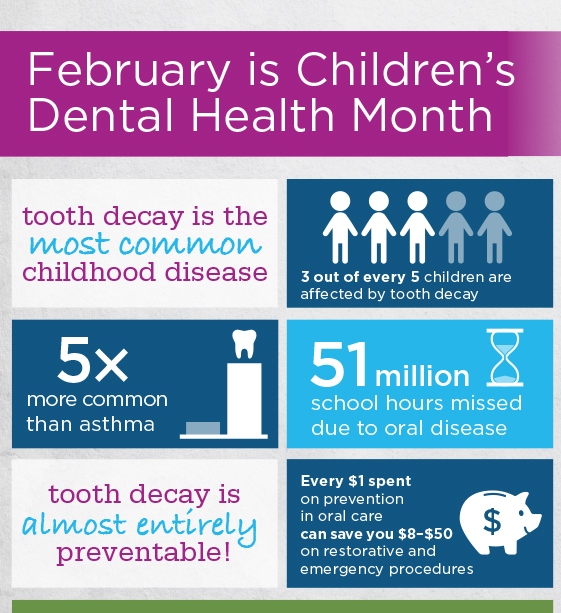 It's hard to believe just how common tooth decay is, but it is even more amazing that tooth decay is mostly preventable. Help your children to make brushing their teeth a normal part of their daily routine. Good habits start early -- and they will keep your kids in their classroom and your money in your pocket!
It's hard to believe just how common tooth decay is, but it is even more amazing that tooth decay is mostly preventable. Help your children to make brushing their teeth a normal part of their daily routine. Good habits start early -- and they will keep your kids in their classroom and your money in your pocket!
Let Jacques Dentistry in Greenville, SC, help your children learn to love their teeth and take pride in taking care of them. Call us today to set you and your child up for a dental appointment!
Protect your heart during the winter weather!
February 11th, 2014
The snow falling outside is beautiful and seems to transform Greenville, SC, into a winter wonderland! We can all admit that we aren't as used to this weather as those who live in other areas of the country, and consequently, we aren't as used to dealing with the problems that can arise. While trying to traverse slick roads is one ordeal, one of the most strenuous and dangerous winter activities is right at home! What is it?
Shoveling snow.
When the temperature drops outside, your body's natural response is to make your blood vessels narrow (or constrict) to help prevent your body from losing heat. While this is a normal occurrence, it puts people with heart conditions and those who are involved in strenuous exercise at greater risk of having a heart attack because of the combination of increased blood pressure and the effects of frigid temperatures.
This doesn't mean that you have an excuse not to go outside though! You can safely shovel and keep your heart healthy by following these tips:
- Before starting to shovel, exercise, or do another strenuous outdoor activity, warm up your body with some light activity and stretching.
- Cover your mouth and nose with a scarf while you're working outside so that the air you're breathing in is warmer. Layer your clothing underneath a waterproof outer layer to help you retain body heat.
- When clearing the snow, push it out of the way instead of lifting it. This action saves energy and helps prevent overexertion.
- Take breaks to allow your muscles a chance to relax. This includes your heart! Even better, share the workload with a friend to give yourself a break and to make sure that you aren't alone in case of an emergency.
- If you fall into the category of over 50 years old, overweight, and out of shape, or if you have suffered a heart attack in the past, talk to your doctor before you start shoveling snow (or starting any kind of exercise routine!).
Shoveling snow, might not seem like a big deal, but when you take into consideration the strenuousness of the activity and the effects of the cold winter temperatures on your body, you can understand how it might be dangerous for your heart. So shovel smart and take it easy -- or just hunker down inside and wait for it all to melt! :)
And while we at Jacques Dentistry enjoy admiring the falling snow like everyone else, we understand that it unfortunately causes some scheduling and travel issues for our patients. Stay tuned to our Jacques Dentistry facebook page or to our Jacques Dentistry Twitter account for up to date information regarding office hours during the winter storm. Stay safe!
Heart-healthy meals for Valentine's Day
February 11th, 2014
Show your loved one that you really care by preparing them a delicious and healthy dinner for Valentine's Day! Dining at home will save you some money and some added calories since restaurant meals tend to have more salt, fat, and larger portions than what you would normally eat at home.
Here are some ideas for a delicious dinner courtesy of the Food Network!
Whole Wheat Pasta with Broccolini and Feta
Boby Flay's Grilled Spicy Filet Mignon with Ginger-lime Dressing
Snapper with Roasted Grape Tomatoes, Garlic and Basil
All of these recipes look delicious and they are sure to impress! Let us know if you prepare one on Friday to make it an extra special Valentine's Day -- and feel free to share the leftovers with us! :)
It's Heart Health Month!
February 10th, 2014
So how does your heart relate to your teeth? These two seemingly separate areas of the body actually are more intimately related than many realize. Problems in your mouth may affect the rest of your body and offer insight into your overall health.
Studies have shown that oral health, and especially gum disease, are related to serious conditions like heart disease. People with periodontal disease are almost twice as likely to have coronary artery disease (aka heart disease). The presence of such oral conditions as gum disease (gingivitis), cavities, and missing teeth, are as good a predictor of heart disease as cholesterol levels. Patients with higher levels of some disease-causing oral bacteria are more likely to have atherosclerosis in the carotid artery -- clogging of the carotid artery can lead to stroke.
How can you protect your heart? Daily brushing and flossing twice a day and regular dental check-ups can help you make sure your mouth is in optimal health. By keeping oral bacteria in check, you can improve your overall health and keep your heart less susceptible to disease.
Let your dentist in Greenville SC help you stay on the right healthy track!
When do baby teeth come in?
February 7th, 2014
While every child is different, there is a general time frame for when baby teeth appear in a child's mouth. In dental terms, we refer to this as tooth "eruption"; the normal loss of a baby tooth as it becomes loose is called "exfoliation."
The general pattern is as follows: the first teeth to appear are the lower central incisors, which are the bottom front teeth. Then, the upper central incisors, or top front teeth come in. Then the teeth or either side of these come in -- the lateral incisors -- with the lower teeth usually emerging before the matching top teeth.
Next, molars appear! The appearance of the molars will create a space on the bottom and top that will later be filled in by the canine teeth, which have a more pointed edge. The last baby teeth that come in are the second set of molars in the very back. They usually appear around the time of a child's second birthday.
So that makes twenty baby teeth in all! A child will have these teeth until around six years old when permanent teeth begin to make their appearance. While every child is different, this chart gives a good overview about when you can expect which tooth. Don't worry if your child doesn't match up exactly with these ages. In general, you can add or subtract a few months for an idea of the normal age range.
Are baby teeth important?
February 6th, 2014
YES!
Sometimes people think that baby teeth are not very important and do not require as much care or treatment as adult teeth. This idea stems from the fact that baby teeth fall out (or "exfoliate") and are replaced by permanent adult teeth. Even though baby teeth (hopefully*) will have a permanent tooth coming behind them to take their place, they still require the same attention and care as adult teeth.
So what's the big deal? Well, first of all, baby teeth are extremely important for normal function:
Baby teeth allow for good nutrition by facilitating proper chewing.
Baby teeth aid in speech development.
Baby teeth promote the proper development of the permanent teeth by saving space for them.
What does all of that mean?
Losing baby teeth too early can prevent children from chewing their food properly, which can affect the types of foods they eat and, consequently, prevent them from obtaining all of their nutritional needs.
The presence of baby teeth guide the mouth and tongue and allow for proper speech; missing or misaligned teeth may cause speech impediments.
It is important that baby teeth maintain their natural position in the mouth until they are ready to be exfoliated (either by becoming loose and wiggled out or by the assistance of a dentist). Each baby tooth serves the purpose of preserving adequate space in the mouth for the permanent tooth that will appear in its place. Premature loss of baby teeth can cause other teeth to shift or drift into the open space. This shifting prevents the permanent tooth from coming into the proper position which greatly contributes to crowded and misaligned permanent teeth that will require braces for correction.
As for that hopefully* above, there are some instances in which a child is missing the permanent tooth that should replace their baby tooth. Treatment of this concern can vary, but often times a person can maintain their baby tooth on into adulthood, and possibly for their entire life. The major concern here is that proper oral hygiene is established at a young age and maintained into adulthood so that the tooth is not lost to decay and cavities.
So, yes, baby teeth are important! They guide a child's chewing and nutritional needs, aid in speech development, and preserve space for the permanent teeth. At Jacques Dentistry, we want to make sure your child has healthy teeth so that they can talk and eat with ease! Don't neglect those baby teeth just because they will be gone in a few years -- they have an importance purpose now!
Want to spice up your brushing routine?
February 5th, 2014
This week, Crest is introducing several new flavors of toothpaste in their "Crest Be" line. You can choose from Mint Chocolate Trek, Lime Spearmint Zest, or Vanilla Mint Spark -- or try them all! They are all mint-based and designed to leave your mouth feeling clean and refreshed as well as adding some "adventure" to your normal brushing routine.
If you're looking for something new, give one of these toothpastes a try and let us know what you think! Do you think you would like using a toothpaste that has a hint of chocolate, lime, or vanilla? What about your kids? These new flavors could be a great way to get them excited about brushing their teeth!
When should I take my child to the dentist?
February 4th, 2014
According to the American Dental Association, children should have their visit dental visit within six months of the appearance of their first tooth, and no later than their first birthday. That probably seems soon, doesn't it?! Well, there are several benefits for starting out early with your child's dental health:
For starters, at that one dental visit when their is only one tooth, it's pretty likely that there are zero cavities. Starting out with ideal dental health can help ensure that your child stays on a healthy path.
Visiting the dentist once that first tooth appears allows your child to start a lifelong preventive dental care routine that will help them to minimize tooth decay and gum disease.
Dentists are able to detect early tooth decay, advise parents about proper oral and facial development, and determine the proper at home regimen for your child.
This dental visit during a child's first year can actually save money! A study has shown that children who visit the dentist before age one have 40% lower dental costs in their first five years than children who do not. This is attributed to the cost of dental and medical procedures that may be necessary as a result of poor oral health.
By establishing a "dental home" with your child very early on, you and your child will both be more comfortable with your dental providers and your dentist will have a good baseline of your child's health. This is especially important in case your child should ever have an accident or dental problem. Your child will be more at ease with someone that they already have a relationship with, and your dentist will be able to more accurately compare their condition to their normal healthy state (much like a when you take your child for their well visits at the doctor!).
We would love for Jacques Dentistry to be your child's dental home. We offer complimentary initial exams for infants and toddlers and would love to introduce your child to proper dental health and hygiene!
February is National Children's Dental Health Month!
February 1st, 2014
So that means that we are going to take some time to talk about children and their dental health needs! Stay tuned for information on our blog and on our facebook page at https://www.facebook.com/JacquesDentistry to learn more about the process of children's teeth eruption, when they should first visit the dentist, tips for taking care of your children's teeth and for teaching them how to care for their own teeth, and much more!
As a reminder, we treat patients of all ages here at Jacques Dentistry, so let us be your child's dental home!
Happy Toothsday!
January 28th, 2014
Did you know... Giraffes have 32 teeth just like humans?!
While they may have the same number of teeth as humans, our teeth do not look the same. Instead of the smooth enamel found on the teeth of humans and other mammals, giraffes have rough enamel on their teeth. And if you've ever wondered why you've never seen a buck-toothed giraffe, it's because they don't actually have upper front teeth (like in the cute picture above!) -- they only have lower front teeth! Luckily they have a 20 inch tongue to help them eat their food!
Happy Toothsday from Jacques Dentistry in Greenville, SC!
Happy National Hugging Day!
January 21st, 2014
Yes, there is actually a day -- January 21st, to be exact! -- set aside to promote hugging! The holiday was originally started to help boost people's spirits during that dreary lull between Christmas and Valentine's day. It may seem silly, but did you know that hugging is good for your health?
Human contact has been shown to benefit health and to improve psychological and physical development -- that's why it's important to hug your kids everyday! Hugging also can help to build a strong immune system, to decrease the risk of heart problems, such as heart disease, and to decrease the level of the stress hormone cortisol in women.
A hug lasting for 20 seconds decreases stress hormones (cortisol) and increases the hormone oxytocin, which can be thought of as the "bonding hormone," that makes people feel a more meaningful connection to each other. Increased levels of oxytocin are related to lower blood pressure, lower stress, and improved sleep patterns.
Now, we're not suggesting that you just start going up to whomever you seeing and giving them a big bear hug! But if you hug those important people in your life that you are the most close to, you all will end up feeling better! So make sure that you give your loved ones an extra long hug today -- and maybe everyday from now on! You only have your health to gain!
Please enjoy an air hug from us at Jacques Dentistry!
Happy Toothsday!
January 21st, 2014
Happy National Popcorn Day!
January 19th, 2014
Although, who needs a reason to celebrate popcorn?! This crunchy, addictive snack can also be a healthy alternative to junk food if you prepare it the right way. That means no microwaved pre-packaged popcorn with "real" (ahem, fake!) butter product! There are methods for making homemade microwaved or stove-popped popcorn that can't be beat.
For microwaved popcorn, put 1/4 cup of regular popcorn kernels in a paper bag and fold down the bag opening twice. Microwave for 1 and 1/2 to 2 minutes, and you've got popcorn! If you notice that the kernels stop popping every 1 to 2 seconds, then take the bag out earlier to prevent burning.
Another delicious way to prepare popcorn is on your stove top. Get out a medium pot that has a lid and a handle and pour enough vegetable or canola oil to cover the bottom with about 1/8 inch of oil. Throw in 3 popcorn kernels, put the lid on, turn the heat to medium, and wait. Once you've heard the kernels pop, then you know the pot is hot enough. Pour in enough popcorn kernels so that they are just covered by the oil, replace the lid, and stand by for popping! As you hear the kernels pop, gently shake the pan to help the un-popped kernels reach the bottom. As popping continues, you may see the lid start to rise -- have a bowl nearby to catch the emerging kernels! Continue gently shaking the pot until popping stops. Yum!
Some favorite ways to enjoy popcorn include topping it with pepper and olive oil or with salt and brewer's yeast, which gives a cheesy, buttery taste. What's your favorite popcorn topping?
And it's always a good idea to watch out for those old maids that didn't get popped! Biting into a hard popcorn kernel can crack or chip teeth, so eat with care. And be sure to floss afterwards -- popcorn hulls can easily get stuck in between teeth and gums, causing pain and soreness if not removed. Just a friendly reminder from your Greenville, SC, dentist and staff at Jacques Dentistry! :)
Tell us about your favorite way to prepare and enjoy popcorn. Happy popping!
Can cough syrup cause cavities?
January 16th, 2014
Cold and flu season is in full effect. We've heard firsthand from our patients who come in for their cleaning or routine dental appointment and report that they or a family member have recently been under the weather. Along with the cold and flu season come all of the remedies to battle the symptoms. If you are sniffling and coughing, you may find yourself reaching for a bottle of cough syrup or a cough drop. While helpful in easing your discomfort, these cough treatments could count tooth decay among their side effects.
Cough syrup and drops often contain high fructose corn syrup and sucrose, citric acid, and alcohol, all of which can have detrimental effects on your teeth.
- - The sugars used to sweeten cough medicine are also consumed by the bacteria in your mouth. These bacteria feed on the sugars and break them down into acids that attack tooth enamel.
- - The acidity of cough medicine can wear down tooth enamel, making it more susceptible to decay.
- - The presence of alcohol in many medicines has a drying effect on your mouth. Normally, saliva naturally rinses away sugar and acid; without your normal saliva flow, sugar and acids remain on your teeth and in your mouth longer, providing more opportunities for decay to develop.
These medications are often taken before bedtime, and thus put your mouth and teeth at more risk since there is less saliva production at night. The effects are similar to drinking soda or juice before bed.
So, how can you avoid putting your teeth at risk while still treating your cold and flu symptoms?
- - Take liquid medications along with a meal instead of at bedtime. The extra salivary flow from chewing will help to rinse away sugar and acid.
- - Brush your teeth with fluoridated toothpaste after taking medication.
- - If you can't brush, rinse your mouth well with water or chew sugar-free gum after taking cough syrup.
- - If possible, take a pill form of the medication instead of liquid.
The tips apply to all liquid medications that you may take -- not just cough syrups! Overall, make sure that you maintain excellent oral hygiene. Even though it may not seem like a top priority when you're not feeling well, proper brushing and flossing will not only diminish the potential risks of cough medications, but also aid in achieving a swifter recovery by keeping your mouth healthy and clean.
For those of you who are currently suffering through the cold or flu, all of us at Jacques Dentistry wish you a speedy recovery and remind you that your Greenville, SC, dentist is always ready to see you once you are feeling better! Get well soon!
Happy Toothsday from Jacques Dentistry!
January 14th, 2014
How does your new year's resolution stack up?
January 7th, 2014
How you are doing on those new year's resolutions? You're almost one week in and hopefully still going strong! Did your resolution make this top ten list?
We hope you're still on track and motivated to keep you resolution this year. Don't forget that Jacques Dentistry can always help you to stick to your "Stay Healthy" resolution! We are big proponents of overall healthy living and well being -- which often times starts with optimal oral health! So, schedule that hygiene maintenance appointment or call us to take care of that dental issue that you've been putting off!
You can't miss those teeth!
December 26th, 2013
 Who's going to see the Wolf of Wall Street over the holidays? If you do, you might not recognize Jonah Hill with those chompers! He wore a set of dentures in the movie to portray Donnie Azoff, the greedy, amoral business partner of Leonardo DiCaprio's equally corrupt stockbroker character.
Who's going to see the Wolf of Wall Street over the holidays? If you do, you might not recognize Jonah Hill with those chompers! He wore a set of dentures in the movie to portray Donnie Azoff, the greedy, amoral business partner of Leonardo DiCaprio's equally corrupt stockbroker character.
Jonah must have grown fond of the dentures, because the set of fake teeth was the one memento that he kept from the set!
Check out the movie and let us know what you think the next time you visit us at Jacques Dentistry!
Merry Christmas from Jacques Dentistry
December 25th, 2013
Don't waste your insurance benefits!
December 18th, 2013
The end of 2013 is approaching, and after the holiday celebrations comes the new year and all that it has to offer -- including a new year of dental insurance benefits! However, those benefits that you haven't used this year will not roll over with the new year. Having dental insurance that contributes to your dental needs can be very helpful to patients, but they can also be viewed as a "use it or lose it" aid.
We often hear people say that they'll wait until after the first of the year to complete their recommended treatment; for many this could be a financial disadvantage. Completing treatment within the current year allows patients to take advantage of their current dental benefits and "save" next year's benefits to continue treatment or to have on reserve in case an emergency should arise.
It's never a good idea to put off dental treatment -- avoiding treatment now can lead to costlier problems in the future -- so consider using up your dental benefits just one more reason to go ahead and get that dental issue taken care of now.
Don't delay -- there are just a few more days in 2013 for us to take care of you at Jacques Dentistry in Greenville, SC. Call us today to schedule your appointment!
Don't have fake teeth like Frosty the Snowman!
December 18th, 2013
Holiday gifts for excellent oral hygiene -- and fun!
December 17th, 2013
The Christmas countdown is on, and everyone wants to know... "Are you ready for Christmas?!" If you're one of those who answers, "No!" and worries about getting those last few Christmas gifts, here are a few suggestions from your oral-hygiene-minded friends at Jacques Dentistry in Greenville, SC!
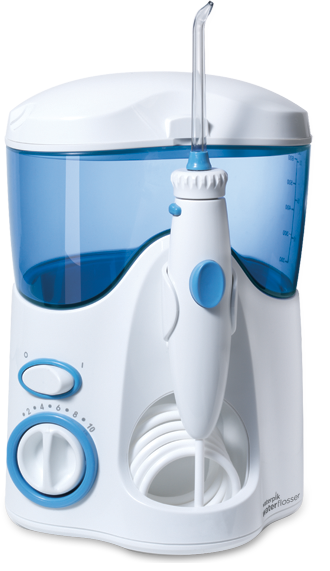 A Water-Pik is a great gift for that practical person who thinks that they already have everything that they need - except this! A "water-flosser" is a great tool for cleansing between your teeth and along your gums. The steady stream of pulsing water flushes out food and plaque from between your teeth and stimulates your gums to improve their overall health. Water-Piks are especially great for those who wear braces (young or old!) and struggle with flossing around their brackets. Others who benefit from water-flossing are those who struggle with their hand coordination or who aren't as physically able as they once were. And not to leave people out, anyone who hates to floss, "forgets" to floss, or wants to feel extra clean in addition to flossing can enjoy the perks of a Water-Pik!
A Water-Pik is a great gift for that practical person who thinks that they already have everything that they need - except this! A "water-flosser" is a great tool for cleansing between your teeth and along your gums. The steady stream of pulsing water flushes out food and plaque from between your teeth and stimulates your gums to improve their overall health. Water-Piks are especially great for those who wear braces (young or old!) and struggle with flossing around their brackets. Others who benefit from water-flossing are those who struggle with their hand coordination or who aren't as physically able as they once were. And not to leave people out, anyone who hates to floss, "forgets" to floss, or wants to feel extra clean in addition to flossing can enjoy the perks of a Water-Pik!
Give the gift of straight teeth! If you or someone you know have some teeth misalignment or if you've noticed that the teeth have started to relapse since someone quit wearing that retainer in their teens, clear aligners could be just the answer to straighter teeth! Talk to us about how aligners are typically a fast and easy way to get noticeable results in the appearance of your teeth. If you don't know someone who would benefit from aligners, there's no harm in giving yourself the gift of healthy, straight teeth!
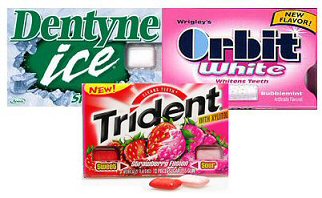 Need some more stocking stuffers? Head to the nearest drugstore, pharmacy, grocery store, or gas station and make a beeline for the check-out line. Right there you'll find all kinds of choices of sugarless gum -- perfect for anyone! Be sure to check the ingredients on the back of the package to confirm that the gum is sweetened with XYLITOL -- it's usually one of the main ingredients. Besides being a sugar substitute that isn't cavity-causing, xylitol can actually helps prevent cavities from occurring by stopping tooth demineralization, decreasing plaque acidity, and overtime altering the bacteria population in the mouth (decreases the amount of cavity-causing bacteria that "starve" without sugar).
Need some more stocking stuffers? Head to the nearest drugstore, pharmacy, grocery store, or gas station and make a beeline for the check-out line. Right there you'll find all kinds of choices of sugarless gum -- perfect for anyone! Be sure to check the ingredients on the back of the package to confirm that the gum is sweetened with XYLITOL -- it's usually one of the main ingredients. Besides being a sugar substitute that isn't cavity-causing, xylitol can actually helps prevent cavities from occurring by stopping tooth demineralization, decreasing plaque acidity, and overtime altering the bacteria population in the mouth (decreases the amount of cavity-causing bacteria that "starve" without sugar).
 And just for fun, if you have a budding dentist in your family, they would love to have a shirt with everyone's favorite animated dentist-to-be, Hermey the Elf, from the movie Rudolph, the Red-Nosed Reindeer. Make sure you have your shirt in time for your holiday viewing of that Christmas classic -- I'm sure it will be hard to miss on TV!
And just for fun, if you have a budding dentist in your family, they would love to have a shirt with everyone's favorite animated dentist-to-be, Hermey the Elf, from the movie Rudolph, the Red-Nosed Reindeer. Make sure you have your shirt in time for your holiday viewing of that Christmas classic -- I'm sure it will be hard to miss on TV!
It's not too late to get your flu vaccine!
December 12th, 2013
It's not too late if you haven't gotten your flu shot yet this year! You can head over to your physician's office or to almost any local Greenville, SC, pharmacy to get your flu vaccination taken care of quickly.
By vaccinating against the flu, you are protecting not only yourself, but also others around you like your family, friends, and coworkers. Infants and young children, pregnant women, the elderly, and individuals with chronic health conditions (such as heart disease, diabetes, asthma) are especially at risk of suffering from serious flu complications. Since these people have weaker immune systems, they are more likely to not only contract the flu, but also to experience a more serious illness. Spread the word to these people that they should be vaccinated -- and make sure that you aren't the one putting them at risk!
Remember, at Jacques Dentistry we're concerned about your overall health and well-being -- not just your teeth!
Keep your teeth healthy this holiday season
December 9th, 2013
When the holidays arrive, sometimes we tend to pick up habits -- and food! -- that we normally don't. Don't get out of your routine or go for "shortcuts" that can land you in trouble. Here are some helpful tips for keeping your teeth healthy!
- Don't crack nuts with your teeth. Now's the time of year with plentiful bowls of shelled nuts abound, so find your nearest nutcracker and let it do the dirty work while keeping your teeth safe. There's a reason that those sturdy utensils exist -- to save your teeth! If stubborn shells are too tempting for you, then spurge on the unshelled package -- it will save you money in the long run!
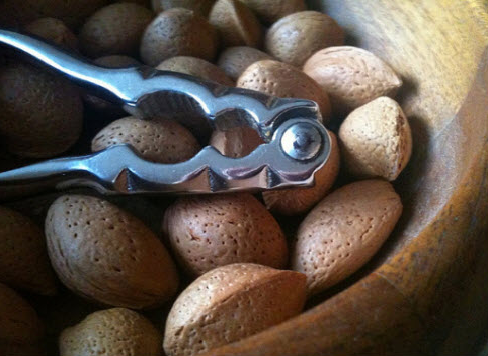
- Use proper tools to open packages and bottles. We know you can get caught up in the rush and want to just tear into that package as quickly as possible. Just make sure you have some scissors or a knife handy to do the honors for you. Using your teeth to tear into plastic packages or pull bottle tops off is a recipe for disaster! While your teeth are strong, these other objects are just as strong or even stronger and biting into them with the tips of your teeth is going to lead to chipping and cracking -- which may need root canal treatment or a crown to repair. Nobody wants that type of gift!

- Stay away from chewy sticky candy. Caramels, toffee, gum drops... these sweets seem to be everywhere this time of year. They're full of sugar and their sticky nature makes them hard to remove from teeth; leaving sweets stuck to your teeth is just asking for cavities! Plus, those extra chewy treats can pull a filling or crown right off of your tooth! If you're going to eat sweets, try to limit the sticky kind and only eat them along with meals to dilute the effects of sugar on your teeth.
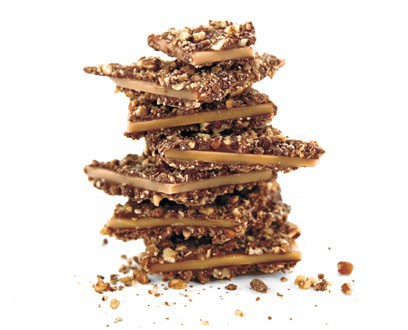
- Don't crunch and chew ice. If you're lingering with your drink at a holiday party, let the ice melt in your mouth instead of chewing it. Chewing ice puts a lot of stress on your teeth and can cause fracture lines. Overtime, these fracture lines grow longer and deeper and can lead to a chipped or cracked tooth that needs a filling, crown, or even root canal treatment.
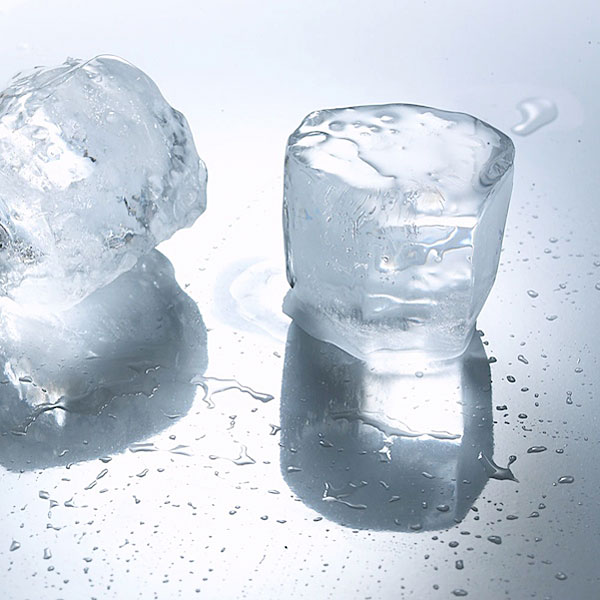
- No nail biting. While the holidays can be stressful, biting your nails won't provide any relief. In fact, nail biting damages both your nails and your teeth. The habit can be linked to teeth clenching and grinding, jaw problems, and tooth sensitivity. If you get the urge, try to take a moment to relax until the feeling goes away.
So the common theme here seems to be: don't use your teeth as tools and don't use them to chew anything other than food! If you can stick to these tips, you should be in good shape protecting your teeth over the holidays and all year round!
Of course, if you should slip up or have an accident, don't hesitate to call Dr. Jacques!
Help your kids brush 2 minutes twice day. They have time.
December 3rd, 2013
Thanksgiving is National Family History Day
November 25th, 2013
The holiday season is approaching and it's likely that you will be sharing many meals with your extended family. These gatherings are a great time to share family histories -- as well as your Aunt Martha's famous pie!
When you fill out health history information for your doctor, you typically are asked if not only you, but also any member of your family suffers from a condition or disease. Knowing your family's health history is very important; in fact, it is so important that the U.S. Surgeon General has declared Thanksgiving Day as "National Family History Day." Are you one of the two-thirds of Americans who have never attempted to discover your family's health history? Well, don't let this opportunity pass you by this year!
If you are wondering where to start, you can visit "My Family Health Portrait" online at https://familyhistory.hhs.gov/fhh-web/home.action, where you will find very useful tools for recording and organizing your family's data.
Families share the same genes, environments, lifestyles, and behaviors -- all of which can affect the likelihood of developing health problems. If you have a close relative that suffers from a chronic health condition, you are more likely to suffer that same condition than someone without an affected relative. Knowing your family's health history allows your doctor to be better able to provide appropriate screening or counseling to help prevent further problems later in life. For instance, if heart disease runs in your family at an early age, you would benefit from an earlier cholesterol screening.
Are you ready to learn about your family? Make sure you follow these guidelines:
- Talk to your family
- Ask questions
- Record the information
- Share with your doctor
So take the time this holiday season and talk to your family. Then be sure that the next time you visit Jacques Dentistry or any of your other doctors in Greenville, SC, you update us on what you have learned.
Happy National Family History Day from all of us at Jacques Dentistry! :)
Nutrition: This is 200 calories
November 13th, 2013
Do calories confuse you? This short video provides a great way to visualize what you are eating in relation to its caloric value.
http://www.youtube.com/watch?v=KMGUmcveQeg&feature=youtu.be
You might be surprised at how much -- or should we say, how little! -- a 200 calorie portion of your favorite fast food comprises. When you compare half a slice of pizza or part of a hamburger to a 200 calorie portion of fruits or vegetables, you see that there is a noticeable discrepancy in the quantity of food.
Also of note is the difference between liquids and solids. Compared to certain foods, soft drinks may comprise a greater volume in 200 calories, however, these calories are considered “empty” as they have no nutritional value. There is also a difference in comparing certain drinks to each other: you can drink more black coffee than is humanly possibly before you reach 200 calories, but as soon as you add cream and sugar, you top out at about two cups. On the other hand, a 200 calorie glass of milk is a smaller amount than a 200 calorie glass of Coke, but the milk is nutrient rich and thus more satiating to your body.
A key take away from the video is that while paying attention to calories is important, just counting calories alone will not provide you with a healthy diet. It’s the quality of the calories and the nutritional value of the food that is most important. And it's important to remember that what you put into your body affects your mouth as well as your overall well-being. In general, foods that are healthier and better for your body are also better for your teeth!
Check out this video and let us know what you think. What were you most surprised to learn about?
Avoid dental decay!
November 12th, 2013
Shocking drug stats
November 4th, 2013
Prescription drug abuse is on the rise in the United States, and more and more young people are succumbing to prescription drug addiction. It's important to monitor your own prescriptions as well as those of family members. If you have medication that is unused, make sure that it is properly disposed of so that it does not become a temptation to someone else.
Here in Greenville, SC, Project Rx: A River Remedy hold drug take back events in the fall and spring. If you missed the recent take-back event in October, be on the lookout for the spring event. It's important to dispose of unwanted medications properly. Flushing medications down the toilet or pouring them down the drain is now DISCOURAGED due to the detrimental environmental effects on our rivers and streams. Help protect yourself, your loved ones, and your environment!
National Brush Day is November 1st!
November 1st, 2013
Happy National Brush Day!
You probably enjoyed some extra candy yesterday, so it's important that you "brush up" on your oral hygiene routine! Remind you children that they should be brushing for 2 minutes 2 times a day. We want to make sure they keep their little fangs clean and healthy!
You can get more tips for healthy mouths by visiting https://www.facebook.com/kidshealthymouths .
Halloween candy calories -- and how to work them off!
October 29th, 2013
Halloween is almost here... and we know there is an abundance of candy in Greenville, SC! Here is some perspective on what you're consuming and some (creative!) ways to burn off those added calories!
It's okay to enjoy little candy on Halloween. However, it's important to try to consume candy along with meals to help dilute the effects of sugar and to brush and floss thoroughly afterwards!
Happy Halloween from Jacques Dentistry!
When should you brush your teeth?
October 24th, 2013
It might seem contradictory for a dentist to tell you not to brush your teeth, but the key factor that we at Jacques Dentistry want to stress is that when you brush your teeth is very important. There can be a right time and a wrong time to brush.
Everyone's mouth contains plaque, which can be described as an organized colony of bacteria. These bacteria are attached to the tooth enamel and metabolize sugar, which produces damaging acids. Sugary foods -- especially those that are sticky or liquid -- are not only cavity-causing, but also tend to be very acidic themselves.
Ingesting these acidic foods or drinks lowers the pH in your mouth, creating an acidic environment. It can take awhile for your mouth's pH to return to normal. Sodas (even diet sodas!) can have a pH as low as that of lemon juice or vinegar! Acid demineralizes, erodes, and weakens the tooth surface which makes it more prone to decay.
While it might seem like the best solution is to remove these acids from your mouth by quickly brushing them away, brushing your teeth immediately after ingesting acidic foods or drinks can actually do more harm than good. Acids (such as from sports drinks, sodas, or wine) essentially etch the tooth surface. If you scrub your teeth with a toothbrush right after drinking something acidic, you can scratch and abrade your teeth. However, if you wait for about 30 minutes, your saliva will naturally neutralize the acid and bring your mouth to normal pH that is better for brushing.
The best choice is to rinse your mouth with plain water right after eating or drinking something acidic. Rinsing with water helps balance the mouth's acidity and prevents the damage that is caused from immediately brushing.
These recommendations about timing your brushing also apply to those patients who suffer from acid-reflux disease or morning sickness that causes vomiting. Neutralize the acidity before brushing!
If you have questions about your brushing habits or about how your diet may be affecting your teeth, do not hesitate to discuss it with us at your next hygiene appointment or call our Greenville, SC, dental office to schedule a consultation.
An apple a day...
October 23rd, 2013
...can help your overall and dental health! With October being National Apple Month and the apple orchards full of ripe apples, it's a great time to spotlight this delicious fruit.
Apples are the center of a little bit of controversy when it comes to your dental health. For one, crunching on the fiber-rich apple skin and watery apple flesh helps to clean your teeth and remove any lasting food or plaque. Apples are also known to help brighten teeth. However, eating apples does not replace regular brushing and flossing!
In fact, it is imperative that you rinse your mouth with water after your finish eating your apple and that you brush and floss soon after if you can. Apples have a relatively high sugar content and can be rather acidic. Frequent apple eating without cleansing your mouth can lead to enamel erosion over time.
Apples will always be a healthy, convenient snack, but it's important to remember that when it comes to your teeth, you can have too much of a good thing!
Jacques Dentistry, Greenville, SC
There's a word for that....
October 18th, 2013
October is National Dental Hygiene Month
October 17th, 2013
This is National Dental Hygiene Month! While proper oral hygiene is always important, this month we focus on covering four important components: Brush, Floss, Rinse, and Chew!
Brush: Brushing your teeth for at least 2 minutes 2 times a day should be part of your daily routine. Make sure that you are using the proper technique so that your brushing is effective and you don't cause any damage.
Floss: Flossing everyday helps remove plaque and food particles located along the gumline and in between your teeth that your toothbrush cannot reach. If you floss before you brush, the flouride from your toothpaste is able to access between your teeth better.
Rinse: Using a mouthrinse is a great addition to your daily brushing and flossing routine. Rinsing with an anti-microbial mouthwash helps to cleanse the areas of your mouth not reached by your toothbrush and floss.
Chew: If you aren't able to brush after eating, then chew a piece of sugar-free gum. Gum that contains xylitol not only helps to clean food and plaque particles from your teeth, but it also has anti-cavity properties. Chewing gum gets your salivary glands flowing which helps to neutralize plaque acids and wash away food particles.
So remember, Brush, Floss, Rinse, Chew!
Add a dental irrigator to your oral hygiene routine!
October 16th, 2013
Regular flossing is important to your dental health and a proven way to prevent gingivitis. However, adding a dental irrigator to your daily routine is a great way to prevent plaque build up and cavities. Irrigators use a stream of pulsating water which helps to wash away food particles and to remove plaque that accumulates along your gumline and between your teeth.
While everyone can benefit from using a dental irrigator, we highly recommend them to
- anyone who has braces. Teenagers especially find an irrigator easier to use than floss threaders, which can be a tedious way to clean around brackets and bands.
- dental implant patients. An irrigator is a very productive way to clean around implants and gum tissue without damaging them.
- patients who struggle with traditional flossing. This can include younger patients who lack the coordination required to use regular floss, as well as older patients who find that changes in their mouth (decreased salivary flow, gum recession, etc.) result in accumulation of more plaque.
A dental irrigator is a convenient and easy tool to use to optimize your oral health. Here at Jacques Dentistry, we recommend the WaterPik brand dental irrigator. We've found that the counter-top units with a water reservoir are the most effective and easiest to use for our patients -- but we advise you that practice makes perfect! It's best to stand over a sink to catch the excess water and slowly move the tip of the irrigator along your gumline, moving from top back right molar across the front of your mouth and back around. Next time you're in our Greenville, SC, dentist office, ask us for a brochure about the WaterPik -- your mouth will thank you!
Food tips for canker sores
October 3rd, 2013
We know you wish your dentist had a magic cure, but sadly there is none for canker sores. However, by avoiding foods that irritate your mouth, such as spicy foods, acidic foods like pickles and sauerkraut, and citrus fruits, you may be able to cut down on how often they occur. When you are suffering from canker sores, eating bland foods until your sores heal can help ease your soreness.
Soft foods that may reduce your discomfort include:
-
dairy foods such as low-fat milk
-
hot cereals like oatmeal
-
pudding and custard
-
scrambled or fried eggs
-
soup
-
tofu
-
cooked, canned and frozen vegetables
-
cooked or canned fruit, such as applesauce
-
soft cooked and shredded chicken, beef and pork
-
creamy peanut butter
-
mashed potatoes
By preparing foods like mashed potatoes or hot cereal with regular or powdered milk, you can boost the nutritional value. It’s important that you are still eating healthily, so choose foods that won’t irritate your mouth but still supply your daily nutritional needs.
Jacques Dentistry -- Greenville, SC
OB-GYNs encourage pregnant patients to see a dentist
October 2nd, 2013
Did you know that teeth cleanings and dental x-rays are safe for pregnant women? The American College of Obstetricians and Gynecologists approve dental treatment for pregnant patients and encourage patients to see a dentist during pregnancy.
The College committee says, “Oral health is an important component of general health and should be maintained during pregnancy and through a woman’s lifetime.... Maintaining good oral health may have a positive effect on cardiovascular disease, diabetes and other disorders.”
The ACOG committee recommends that OB-GYNs
- Advise patients that oral health care improves general health throughout life and may lessen the transmission of cavity-causing bacteria from mother to infant.
- Assure patients that it is safe to have dental treatment during pregnancy. The prevention, diagnosis, and treatment of oral conditions includes regular cleanings and exams, dental x-rays (with abdominal and thyroid shielding), and the use of local anesthetics.
- Educate women that conditions that require immediate attention -- extractions, root canals, restoring cavities -- may be managed at any time during pregnancy and that postponing treatment may lead to more serious problems.
- Inform pregnant patients that using antacids or rinsing with a baking soda solution (1 teaspoon of baking soda dissolved in 1 cup of water) can help neutralize the acid associated with vomiting due to morning sickness, hyperemesis gravidarum, or gastric reflux during late pregnancy.
Here at Jacques Dentistry, we recommend that all of our patients who are expectant mothers continue with their normal dental care routine, and we encourage those pregnant women who haven’t been seeking regular dental treatment to take the opportunity to improve their oral health now. Pregnant women can rest assured that they will receive optimal care from their dentist right here in Greenville, SC -- we want both mother and baby to be at their healthiest!
A picture speaks a thousand words...
September 27th, 2013
Brushing: There's an app for that!
September 26th, 2013
Need a little motivation to keep you brushing regularly and for the recommended two minutes twice a day? Check out this new app from Oral-B to keep you on track in between your visits to the dentist!
The app works with your electric toothbrush to automatically start timing your brushing session when it's activated by the electric toothbrush motor! If you prefer a manual toothbrush, then you can start the timer yourself.
The app records your brushing routine and provides prompts for cleaning each section of your mouth. Your habits are recorded and can be viewed in weekly and monthly charts that display your progress. And of course there are also great tips on brushing and oral health care.
And so you don't get "bored" while brushing, you can also check out the weather in Greenville, SC, and read news headlines while your timer ticks away! Head over to the iTunes App Store and search for "Oral-B" to get started.
Cavities: Prevalent, but preventable!
September 25th, 2013
Do you know what you're drinking?
September 24th, 2013
As the fall sports season gets into full swing, it's a great time to evaluate what you and your children are drinking to stay hydrated. Sports drinks can be an hidden source of sugar in your daily routine. Additionally, the high acidity is very damaging to your tooth enamel and can cause it to erode and wear away over time.
Water is always the best choice for you teeth. However, if you need the extra fuel and benefits of sports drinks, make sure that you rinse your mouth with water after you hydrate!
Gum disease can elevate blood sugar level
September 17th, 2013
It has been established that patients with diabetes -- especially uncontrolled diabetes -- have more gum disease than patients without diabetes. Now researchers are finding that gum disease may raise blood sugar levels in patients regardless of whether or not they have diabetes.
Gum disease -- one of the most common infections worldwide -- occurs when germs cause an infection in the gums around the teeth. In periodontitis, the more advanced and serious form of gum disease, the infection is long-lasting and over time causes the soft gums and bone around teeth to dissolve.
Compared with people who have healthy gums, patients that have severe gum disease
- have higher long-term blood sugar levels
- may be at higher risk of developing type 2 diabetes
- may be at higher risk of developing pregnancy (gestational) diabetes
- have more difficulty controlling their existing type 2 diabetes
- have a greater risk of suffering injury to their eyes and kidneys or of a heart attack or stroke if they have diabetes
How does gum disease affect blood sugar levels? It seems that after normal activities such as chewing food or toothbrushing, some of the germs in infected gums escape into the bloodstream. These germs activate the body’s defense system which produces powerful molecules that have damaging effects throughout the body -- such as raising your blood sugar level.
For patients with type 2 diabetes, treatment of severe gum disease, such as with a deep cleaning, can lower blood sugar levels in a manner comparable to adding another drug to their usual diabetes medication.
It’s important to keep your gums as healthy as possible, regardless of whether or not you have diabetes, by brushing and flossing daily and having regular dental cleanings. For those who have type 2 diabetes, maintaining healthy gums may help you control your disease and lower your risk of complications from diabetes like blindness and kidney disease.
You can visit http://www.jacquesdentistry.com/gum-disease.php for more information about gum disease.
Maintaining a healthy mouth is an important part of your general well-being!
Think Cavities Are Just For Kids?
September 10th, 2013
Think again!
You may have gone many years without any new cavities forming, but as adults get older, they enter another stage of their lives when they are more susceptible to dental decay. A common cause of cavities in older adults is dry mouth.
While dry mouth itself is not a symptom of old age, it is a side effect of over 500 different medications! These common medications treat such conditions as allergies, asthma, high blood pressure, high cholesterol, pain, anxiety, depression, Parkinson’s disease, and Alzheimer’s disease. Side effects such as dry mouth are just one of the many reasons why it’s very important to keep us updated on your current medications.
If you should suffer from medication-related dry mouth, we can discuss some recommendations for relieving your dry mouth and decreasing your risk of cavities. Some suggestions may include talking with your medical doctor about changing your medications, using over-the-counter salivary replacements or lubricants, increasing your water intake, and using sugar-free gum or lozenges to stimulate salivary flow.
Brush Your Chompers!
August 8th, 2013
Shark Week!
August 5th, 2013
It's Shark Week on the Discovery Channel! In honor of this week dedicated to those toothy animals, we thought we'd share some teeth-related shark facts!
- Did you know that sharks have 48-50 rows of teeth? Sharks lose a tooth every other day, so they have back up rows of teeth ready to move into place whenever they lose a front tooth.
- Since they are constantly losing and growing teeth, they may have about 350 teeth in their mouth at any one time. Over their lifetime they will go through thousands of teeth.
- Since sharks don't have hands or flippers, their teeth are their tools for exploring the world around them. Luckily they have those back-up rows of teeth for when they lose one. Humans aren't so lucky, so quit using your teeth to open bottles or tear packages! Replacing that broken or chipped front tooth isn't as easy as it is for a shark!
Energy Bars and Sports Drinks Can Put Your Teeth at Risk
July 31st, 2013
Athletes need to take extra care when it comes to their oral health -- especially when it comes to protective gear, energy bars, and sports drinks! We talked about mouthguards in a recent post, but did you know that energy bars and sports drink also play a role in your oral health?
Consuming energy bars and gels is a fast way to get nutrients and protein into your body when you are on the go. However, these products are very sticky and contain sugar and acid that can harm your teeth -- prolonged use may lead to cavities. It is essential that you rinse your mouth very well with water after consuming these products and that you brush and floss your teeth as soon as possible.
Sports drinks provide fuel and hydration for athletes -- but they also bathe your teeth in sugar and acid which can harm the enamel on your teeth. Overtime your teeth may show signs of acid erosion and cavities if you consume a lot of sports drinks. Try to limit your intake, drink water when you aren't competing, and increase your use of fluoride. Prevention is the key to protecting your teeth!
Cleaning your tongue helps freshen breath
July 25th, 2013
So you’ve got the toothbrushing technique down pat. But what about your tongue?! This is one area where oral hygiene is often overlooked. Cleaning your tongue is easy, simple, and time efficient, and besides removing bacteria from your mouth, it also freshens your breath!
Your tongue is covered with small papillae; microscopically, they look like little fingers or raised protrusions. These papillae hold most of your taste buds, but they are also a trap for plaque and bacteria!
If you notice a white coating on your tongue, this is most likely plaque. You may notice the plaque coating more if you have just ingested a colored food or drink; the coloring left on your tongue is typically dyed plaque and can be removed by cleaning your tongue.
After brushing your teeth, you can use a tongue cleaner to gently debride the surface of your tongue. These instruments can be found on the dental/oral hygiene aisle at most drug or grocery stores and, while not sharp, may also be referred to as a tongue scraper. The instrument is gently skimmed from back to front across the surface of the tongue to loosen and free bacteria that have adhered in the deep grooves. If you don’t have a tongue cleaner handy, at least use your toothbrush to brush the surface of your tongue to remove any residual plaque and bacteria.
You will be surprised at how much cleaner and fresher your mouth feels by implementing this simple step into your oral hygiene routine!
Just for Fun: How Does Toothpaste Make Orange Juice Taste Bad?
July 23rd, 2013
Ever wonder why your orange juice tastes so bad after you've brushed your teeth? Well, here's the answer!
http://youtu.be/ak22Lkk1yIs
Our best advice for avoiding this issue: Brush your teeth AFTER you've enjoyed your breakfast and normal tasting OJ! :)
Are you brushing too hard?
July 23rd, 2013
You may have never thought about it before, but it is possible -- and quite common -- for patients to brush their teeth with too much force. One telltale sign of this habit may be reflected in your toothbrush: if your toothbrush bristles are splayed out in every direction, you are probably brushing too hard. Time to replace that toothbrush!
Besides damaging your toothbrush, you can also damage your teeth and gums by brushing too hard. Over time, excessive brushing force can actually wear away tooth enamel. Toothbrush abrasion is typically seen along margin of the tooth where it meets the gums and may contribute to gum recession. The enamel that is worn away does not grow back, so this is one habit that you need to break!
If you think you’re brushing too hard, take a look at how you hold your toothbrush. We don’t want to see any of those death grips like you’re hanging on for dear life! For reference, pick up your toothbrush and try brushing by holding it with only your thumb and index finger. This is as much pressure or force that you need to be using. You may find that you don’t have as much control when using two fingers, so please feel free to stabilize your toothbrush with your other fingers, but don’t increase that pressure! It’s a good idea to test yourself from time to time to make sure that you haven’t slipped back into your old habits!
If you would like some further instruction or a demonstration, give our Greenville, SC, dental office a call!
What's the Right Way to Brush?
July 16th, 2013
“Brush your teeth!”
Whether you first heard that phrase from a watchful parent or from your dentist, it’s probably been repeated over to you throughout your life -- especially during those younger years! But did you know that there are right and wrong ways to brush your teeth? Generally, any brushing is better than none, but you do want to be sure that your technique is effective and that you are not inadvertently damaging your teeth and gums.
You toothbrush should be held so that the bristles are directed in a 45 degree angle toward your gums. Now, you don’t need to go out and buy any geometry tools to get this down! As long as you are angling your toothbrush toward where your teeth meet the gums, you are on the right track. You want to avoid holding the toothbrush straight against your teeth.
Starting in the upper right side of your mouth, move your toothbrush in small circles as you polish and remove plaque. Work toward the front of your mouth and around to the upper left side. Then hop over to the tongue side of your teeth and make your way back around. Don’t forget the biting surfaces, too! Repeat the same steps on your bottom teeth. Finish by brushing your tongue!
Practicing the correct routine down (or the variation that works best for you) ensures that your tooth brushing counts! Your dentist or hygienist is happy to give you a demonstration or to check to see if you’ve got the technique down at our Greenville, SC, dental office!
Protecting Your Teeth with a Mouthguard
July 16th, 2013
Well it sure feels like summer has arrived in Greenville, SC!
With these warm (partly!) sunny days, outdoor activities are heating up -- and that means that kids and adults alike are being more active as they run, ride, and play outside. It’s important to protect your teeth while you are having fun!
Non-contact sports like baseball, softball, bicycling, skateboarding, and rollerblading can all put you at risk of injuring your teeth due to an errant ball or fall. Wearing a mouthguard while you play is a simple and easy way to take care of your teeth and prevent unforeseen injuries.
As your dentist, of course we are here to help if any such injury should occur, but we would rather you protect those pearly whites from the start! Don’t hesitate to set up your appointment for a custom mouthguard today! Call us at 864-242-4848.
Welcome to our blog!
July 16th, 2013
Thank you for visiting our new Jacques Dentistry blog, which we hope educates you about your dental needs and concerns and provides a little entertainment along the way. Check back frequently as we update our blog with tips from your local Greenville, SC, dentist and news about what is happening at our office and in the dental industry.
We welcome you to leave a comment or question for the doctors and staff. We hope that this blog will be a valuable resource for our patients, their families, and friends.
And don't forget to stay connected with us!
Like our Jacques Dentistry Facebook at https://www.facebook.com/JacquesDentistry
Follow us on Twitter @JacquesDentist at https://twitter.com/JacquesDentist
Follow us on Pinterest @JacquesDentist at http://pinterest.com/jacquesdentist/
And if you need to speak with us, you can reach our office by calling 864-242-4848.
We hope to hear from you soon!

